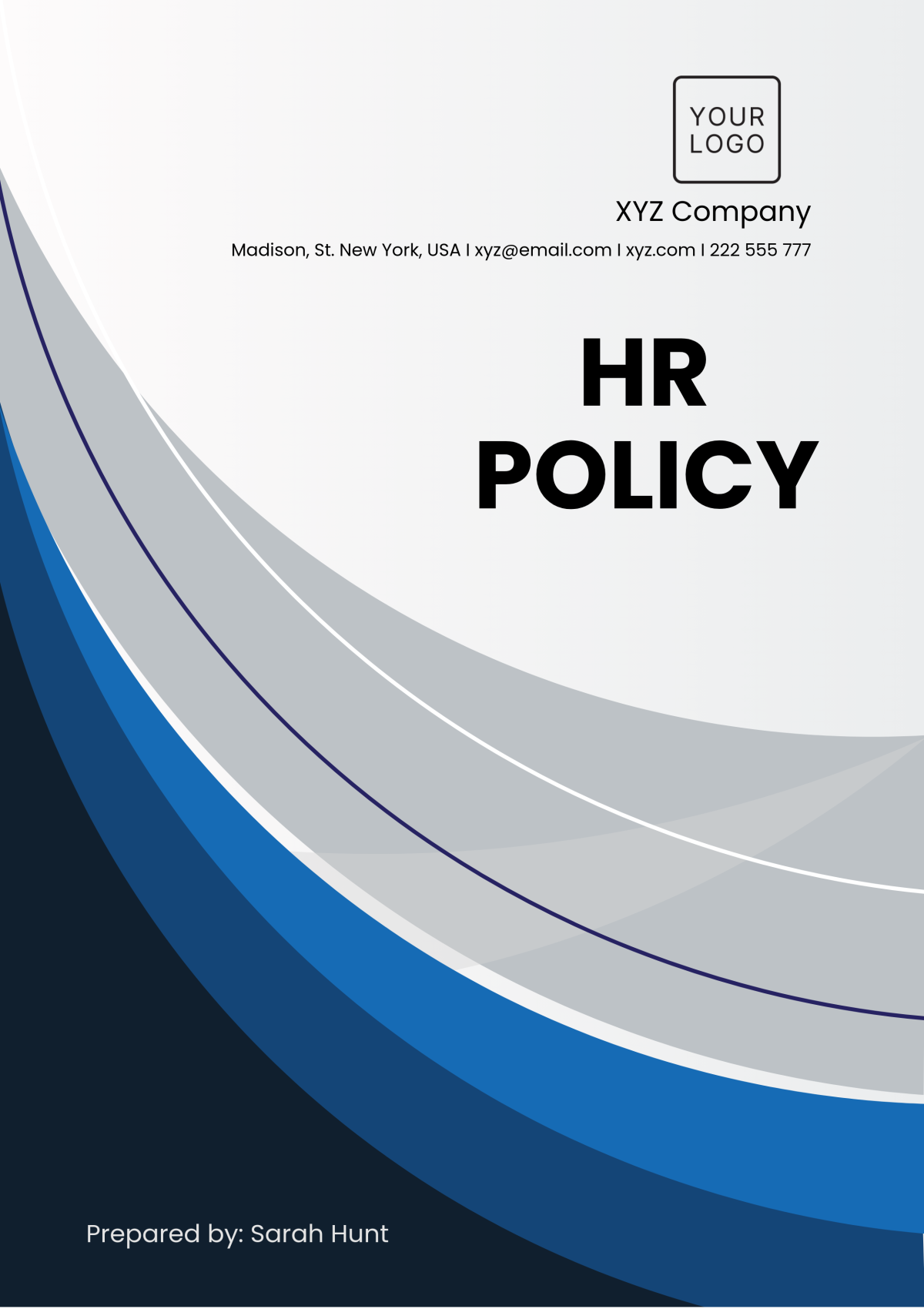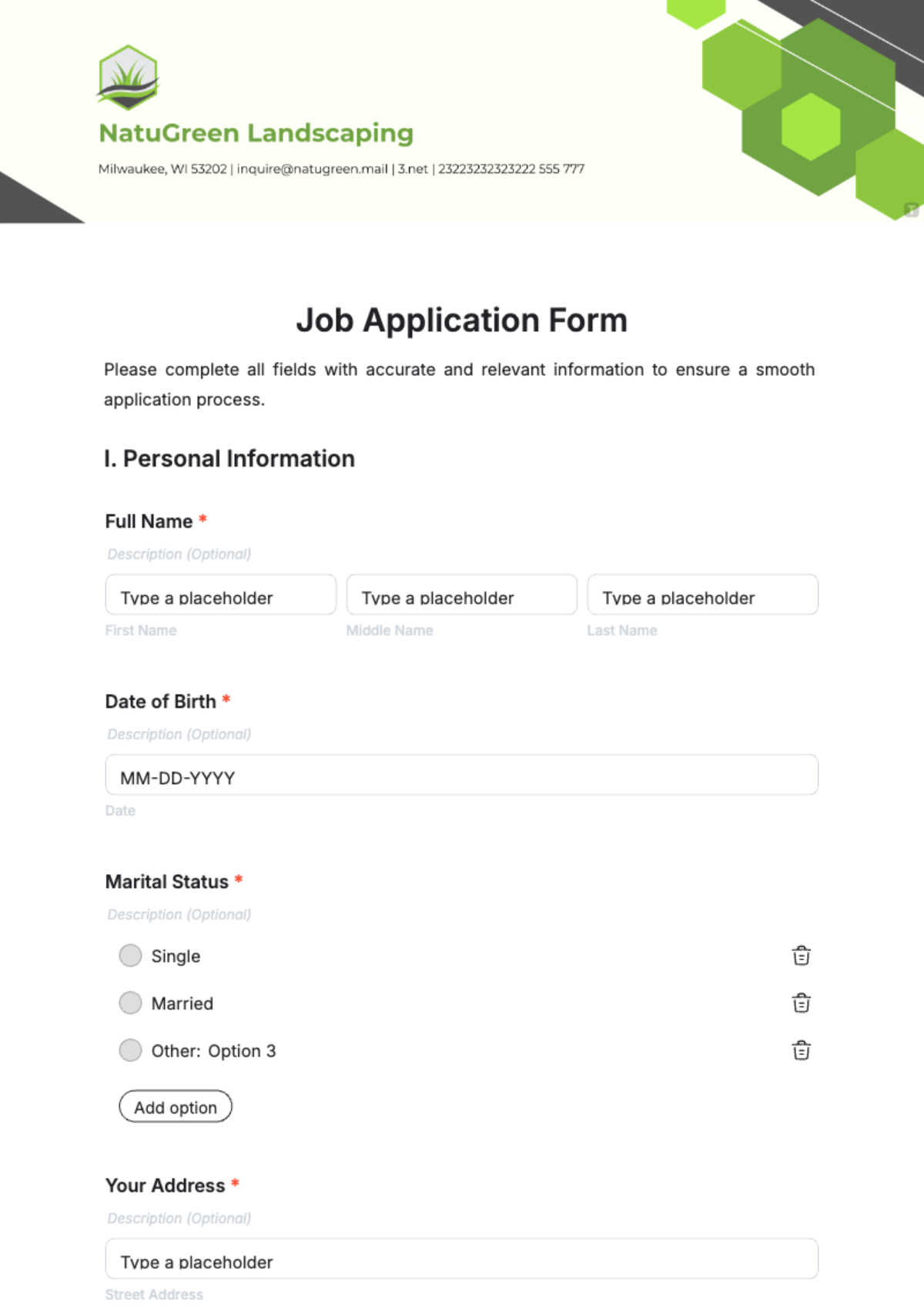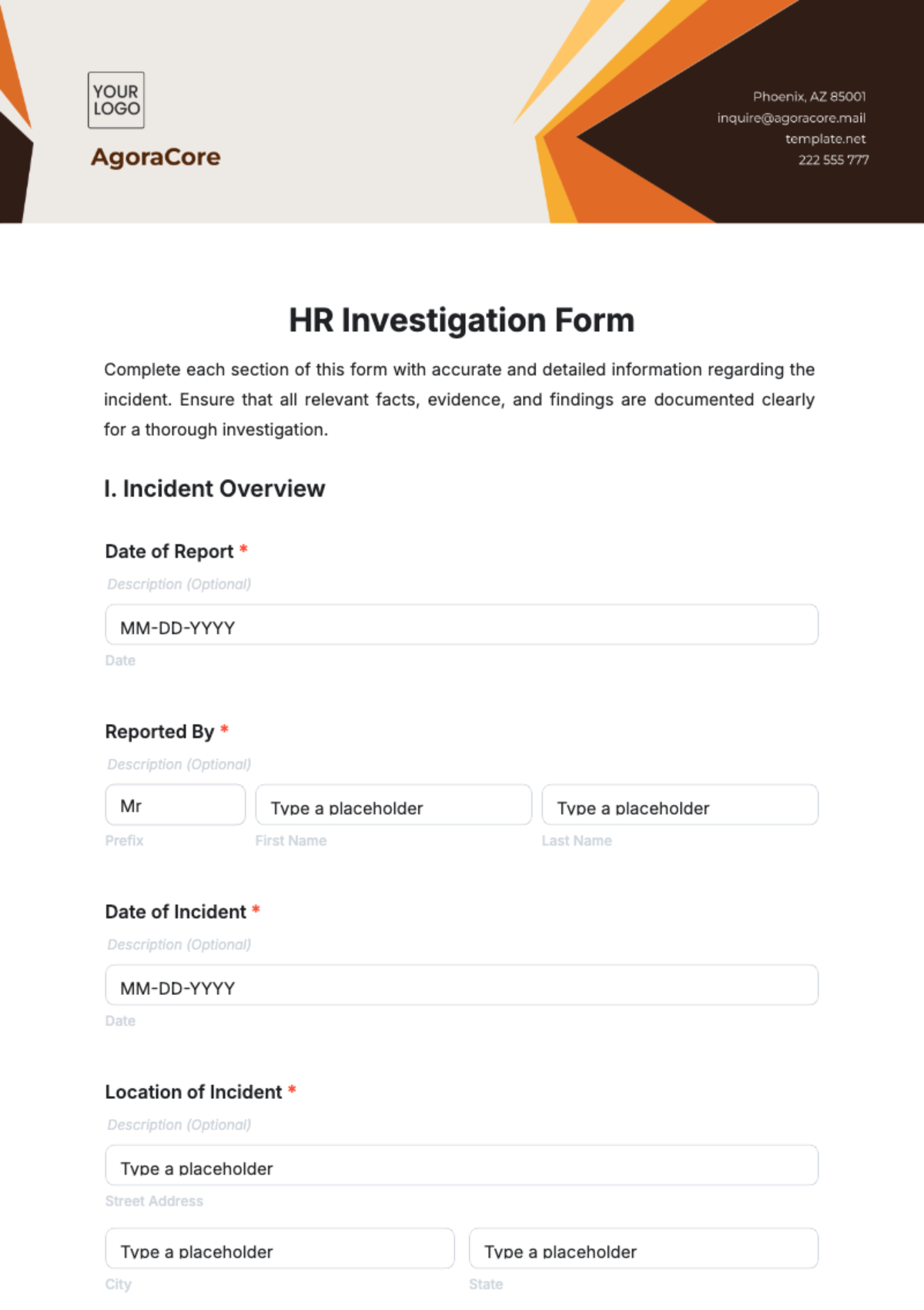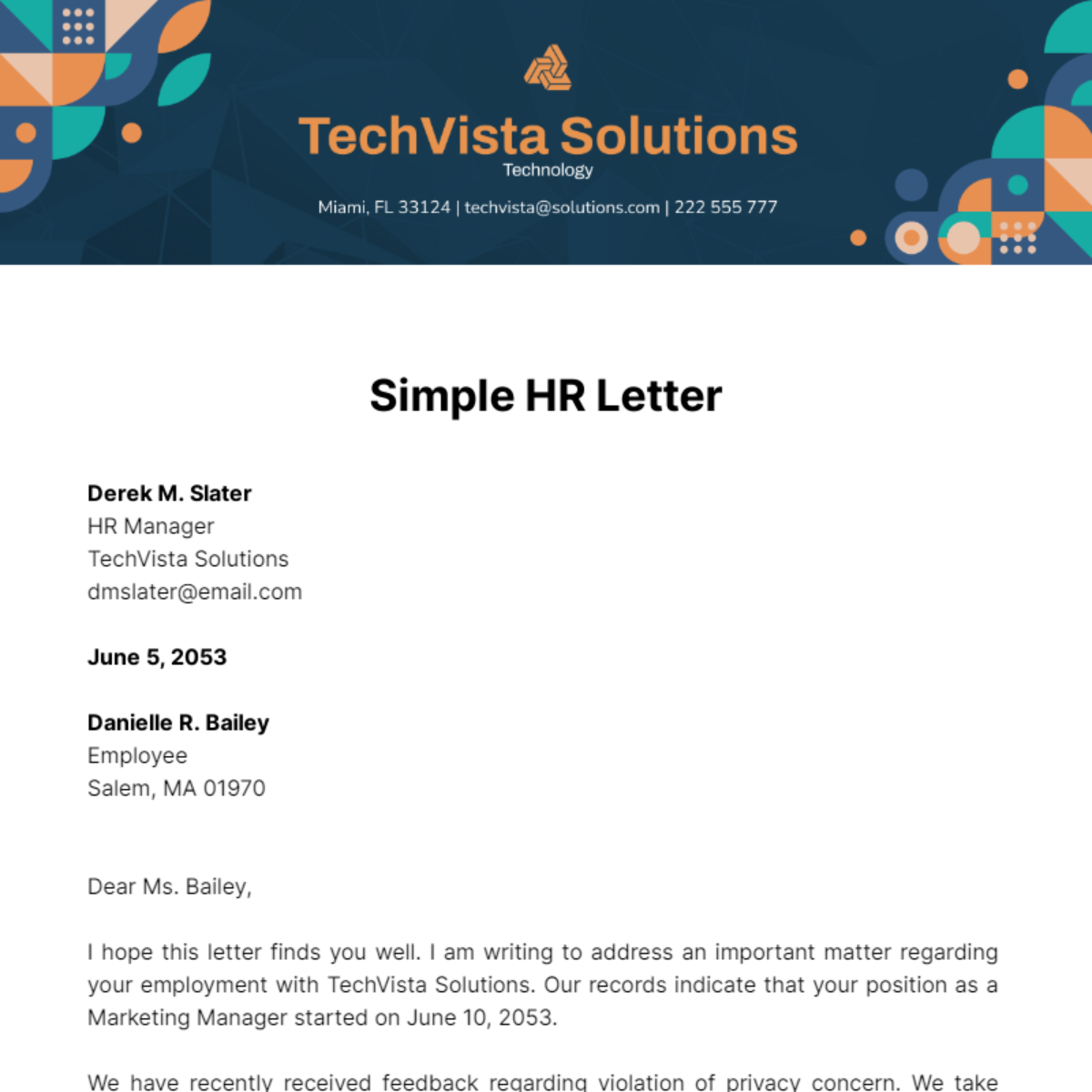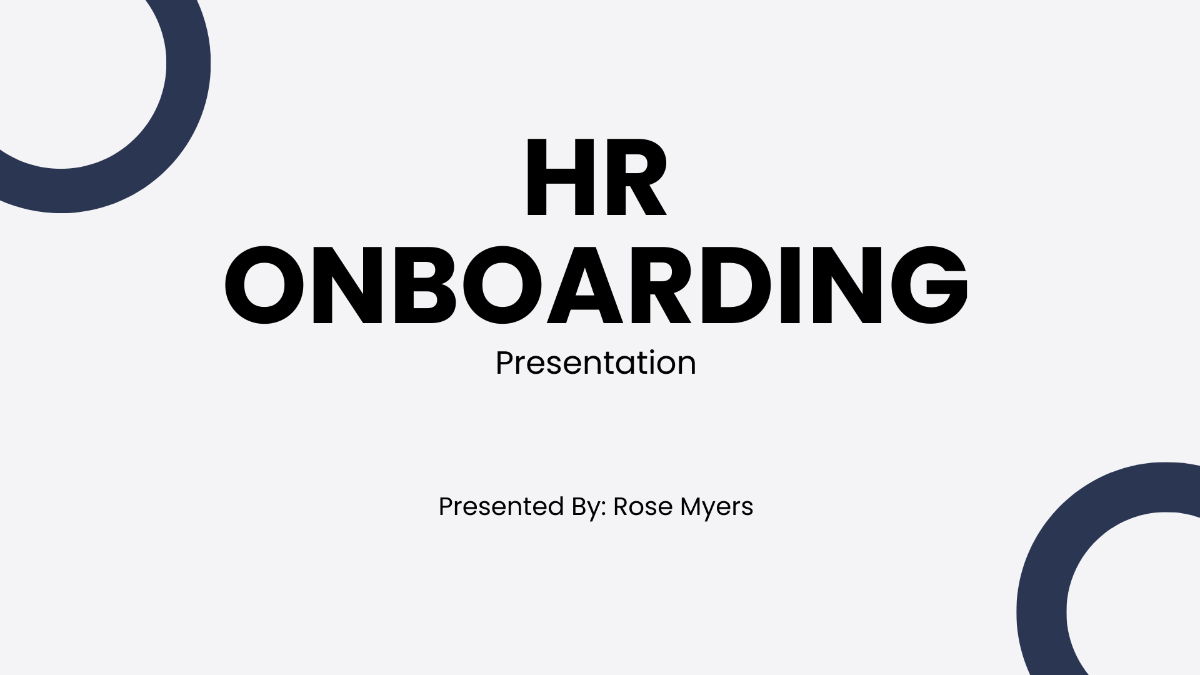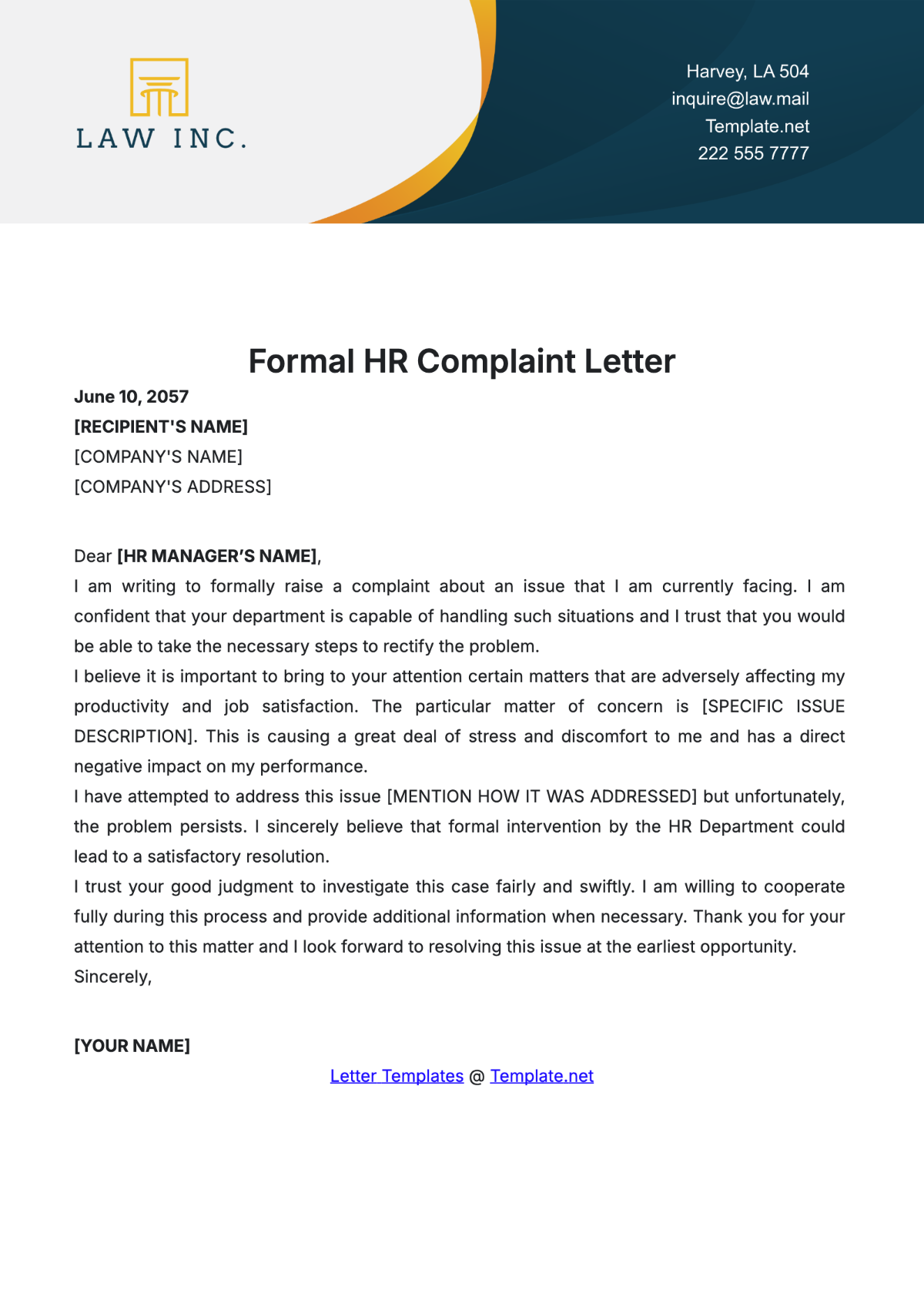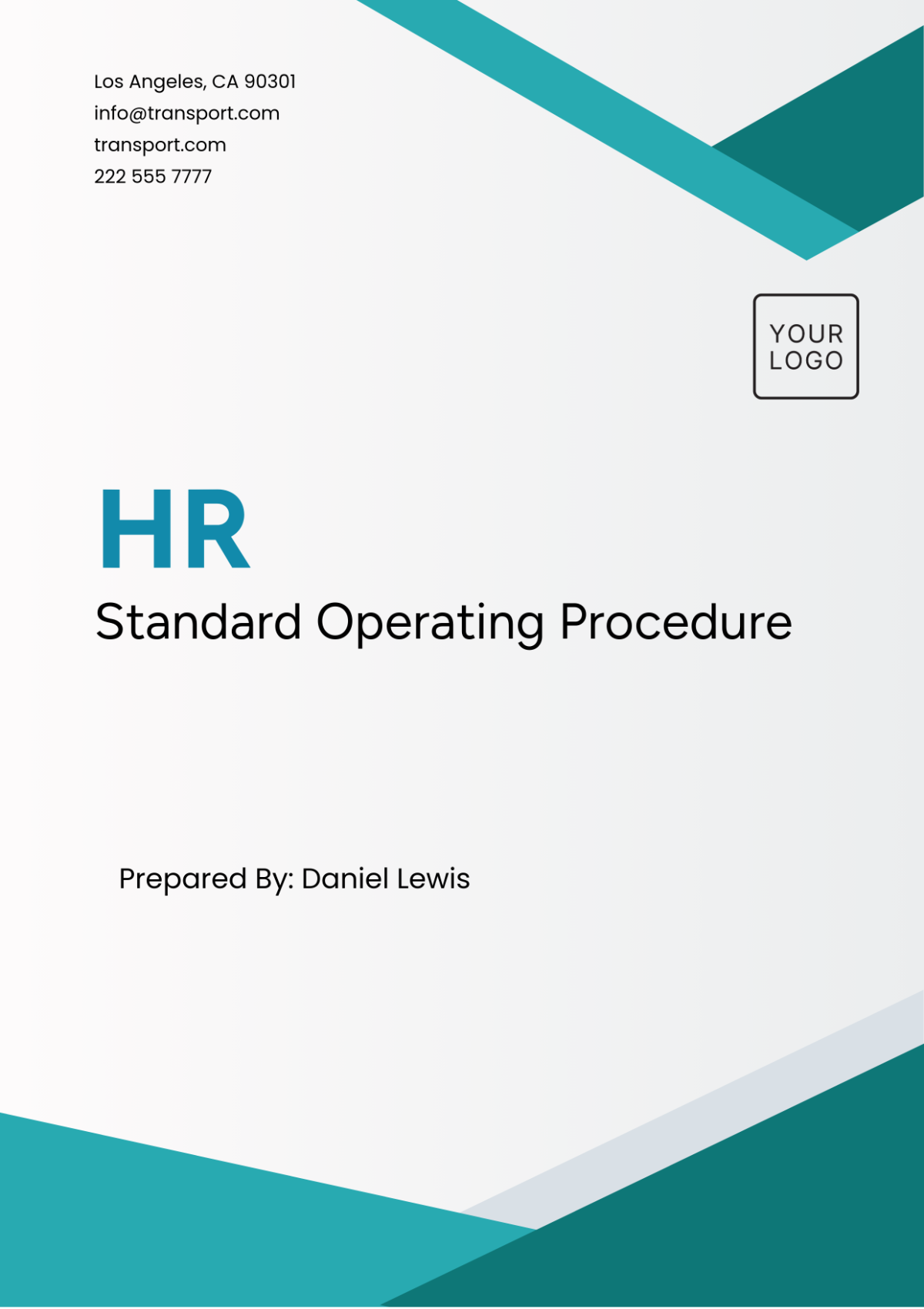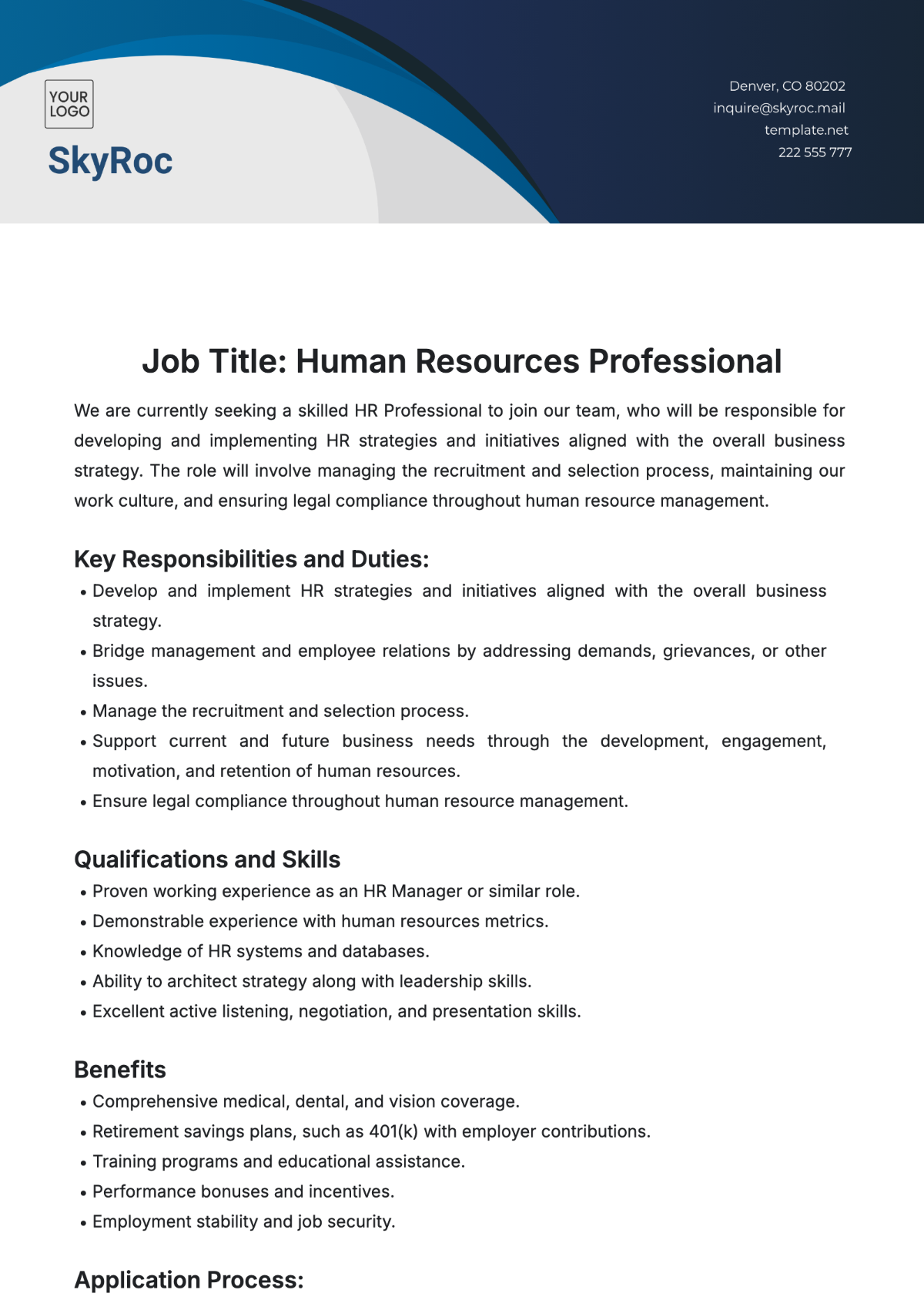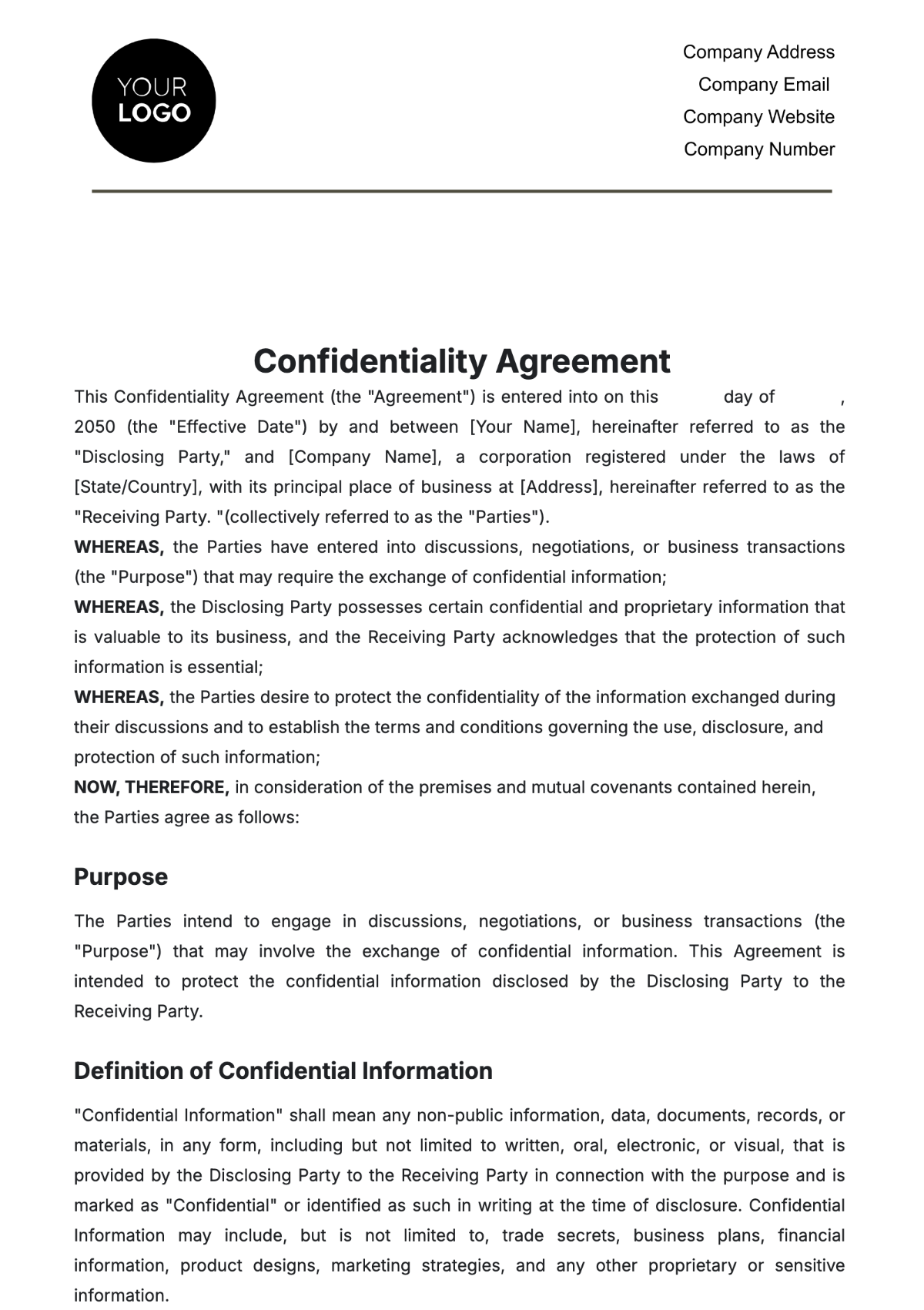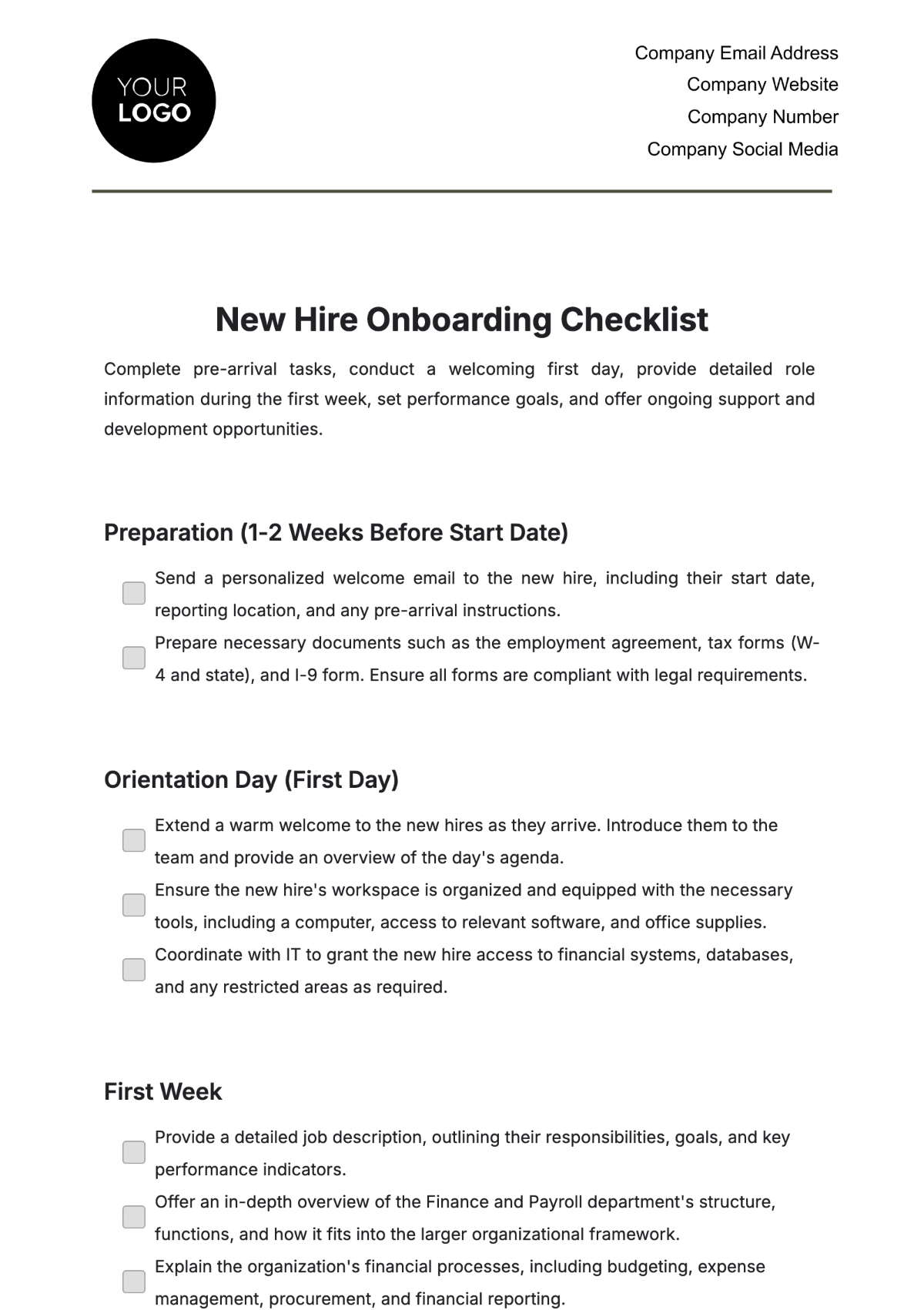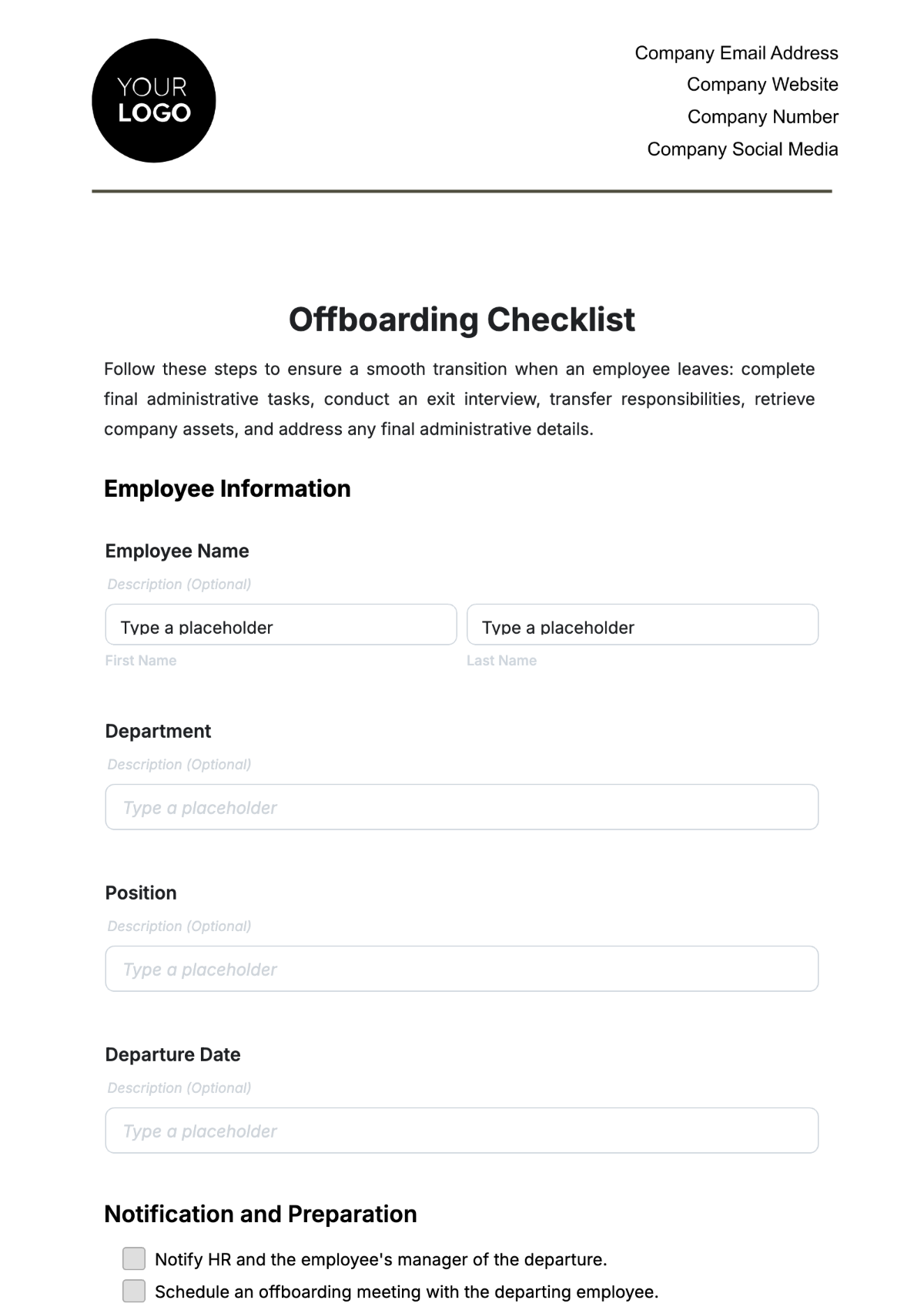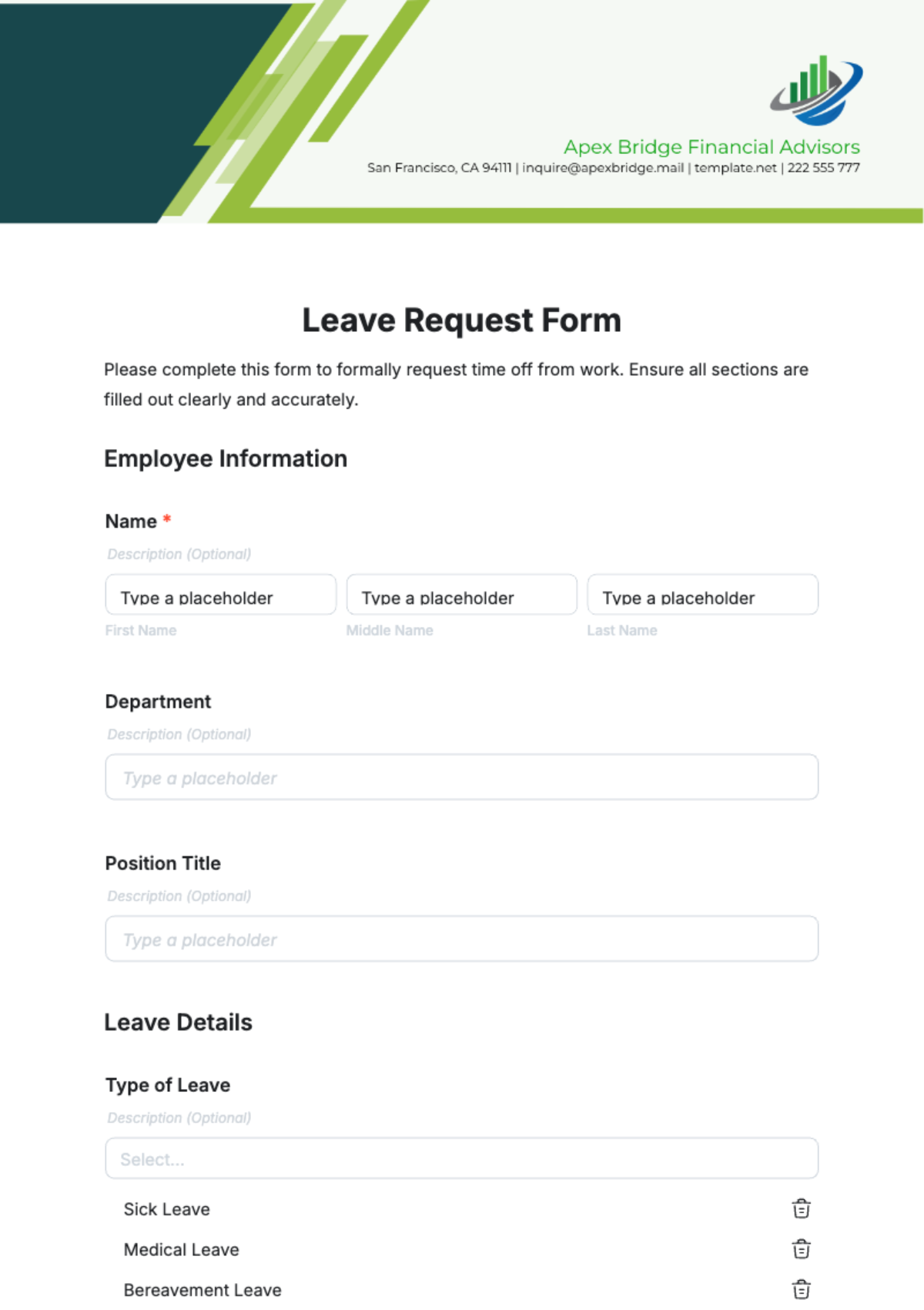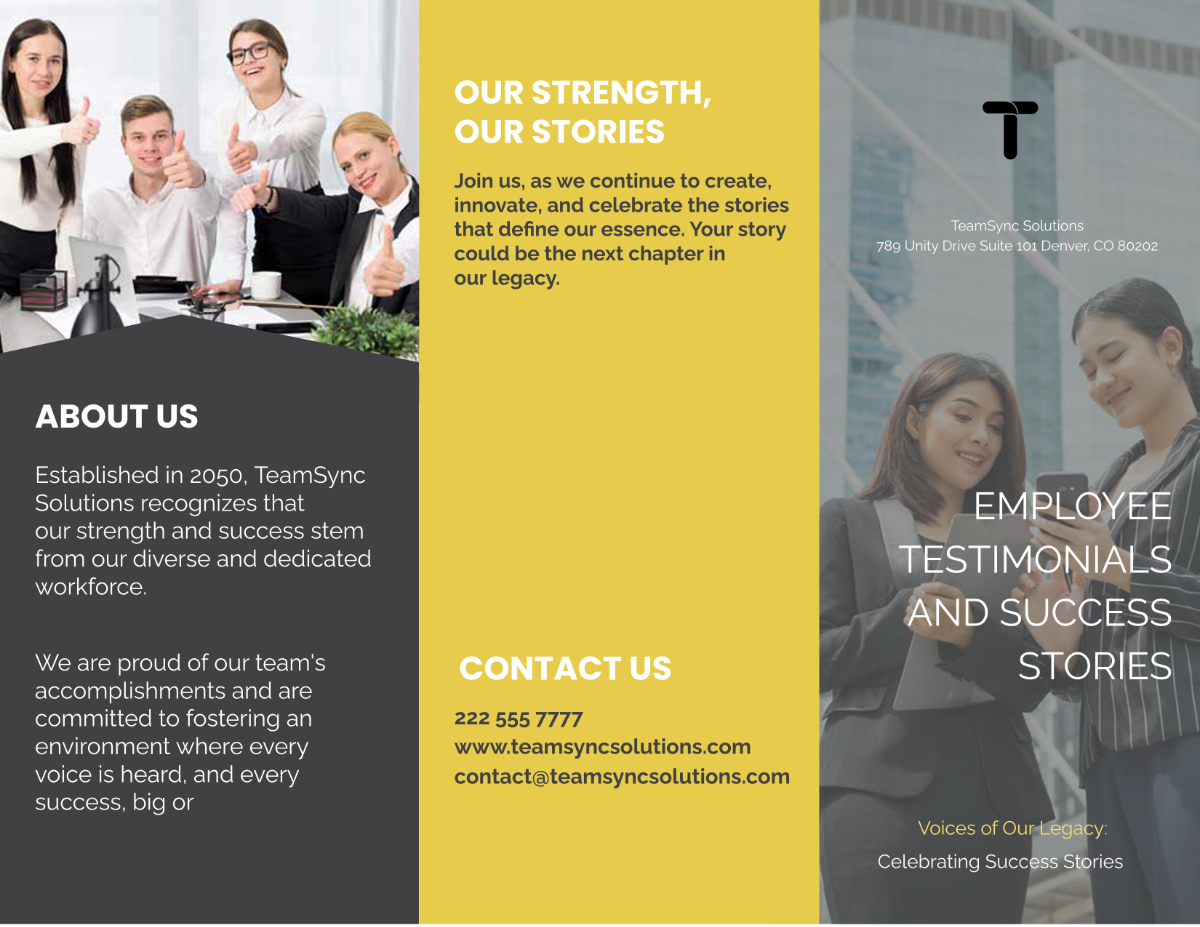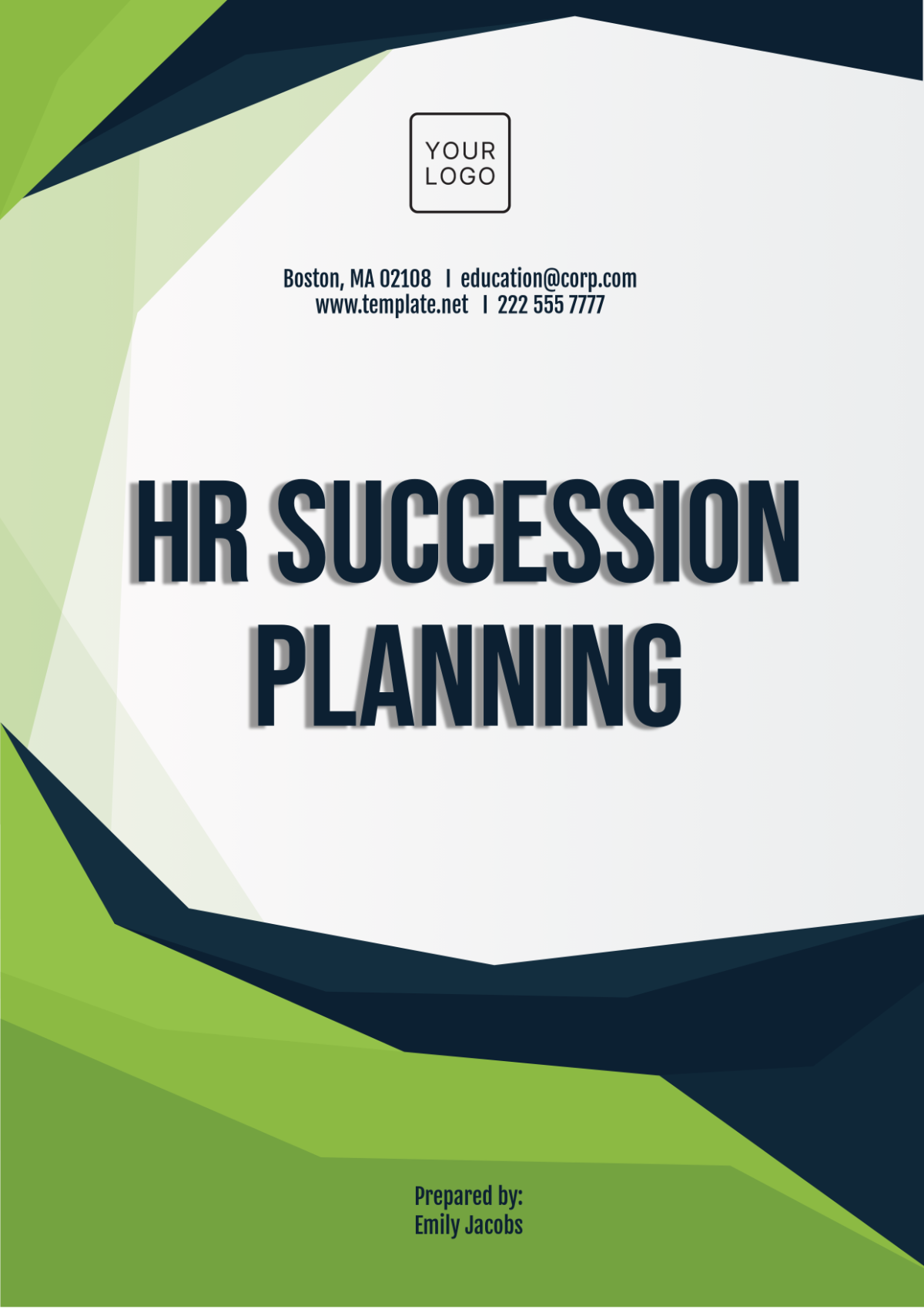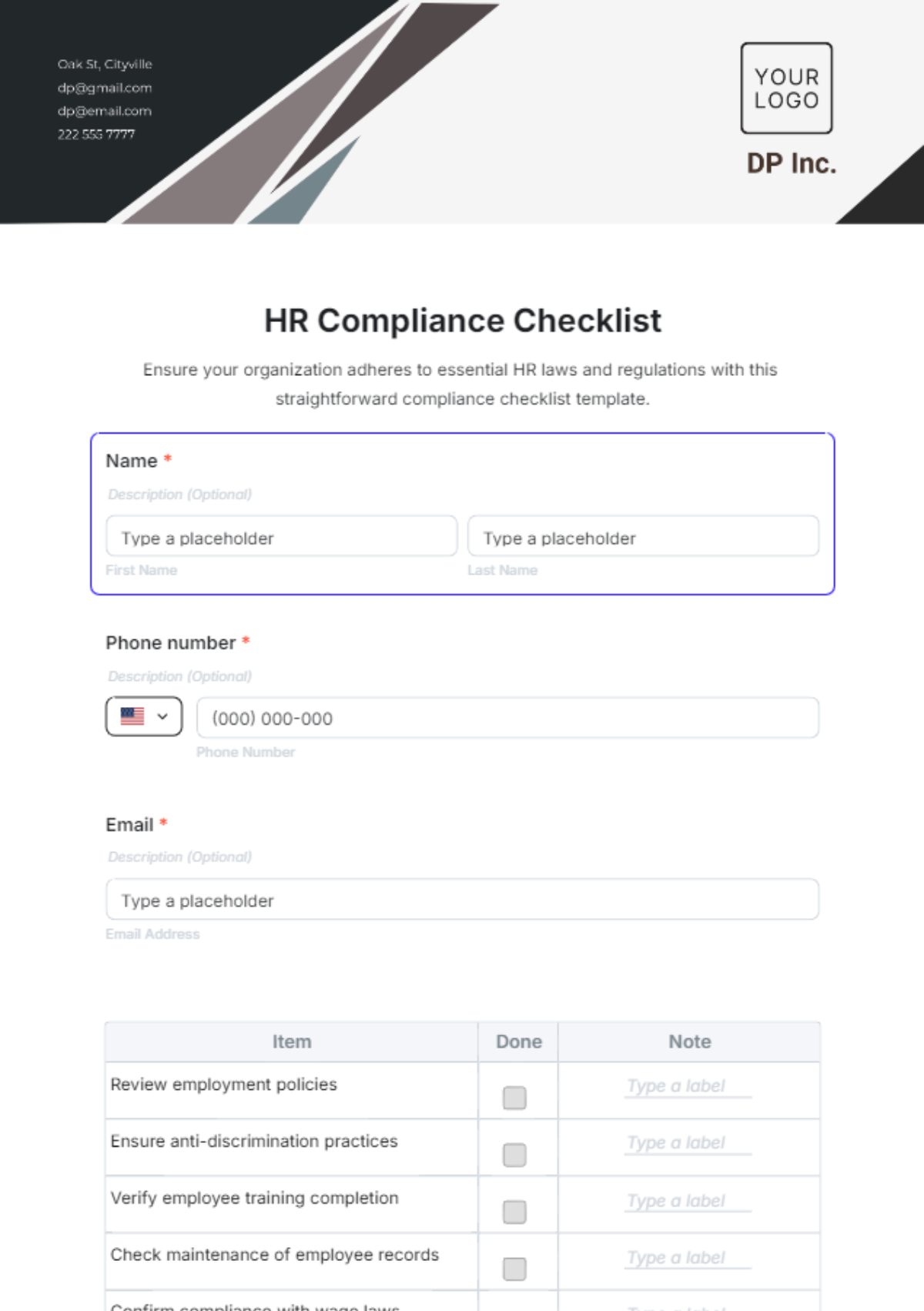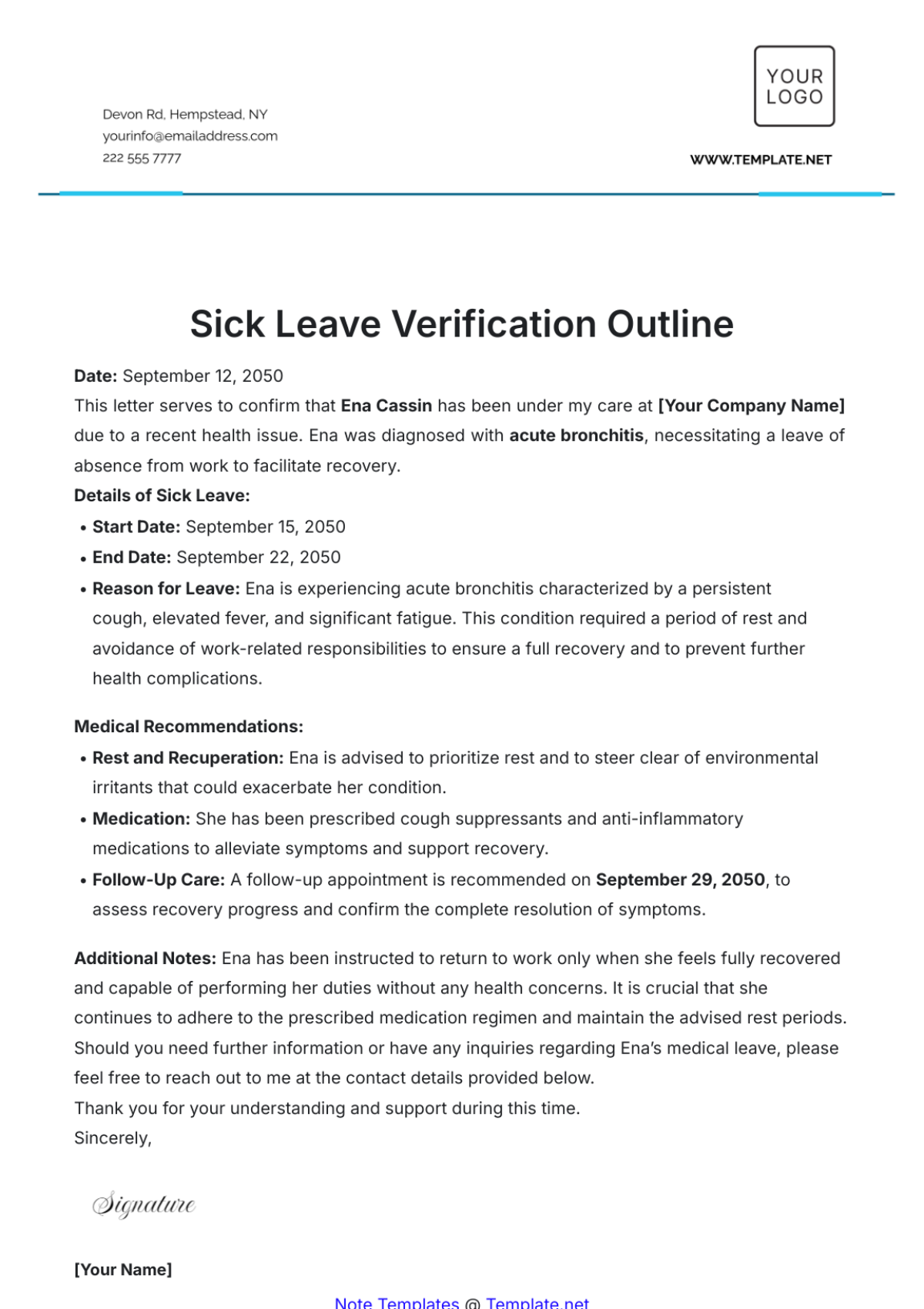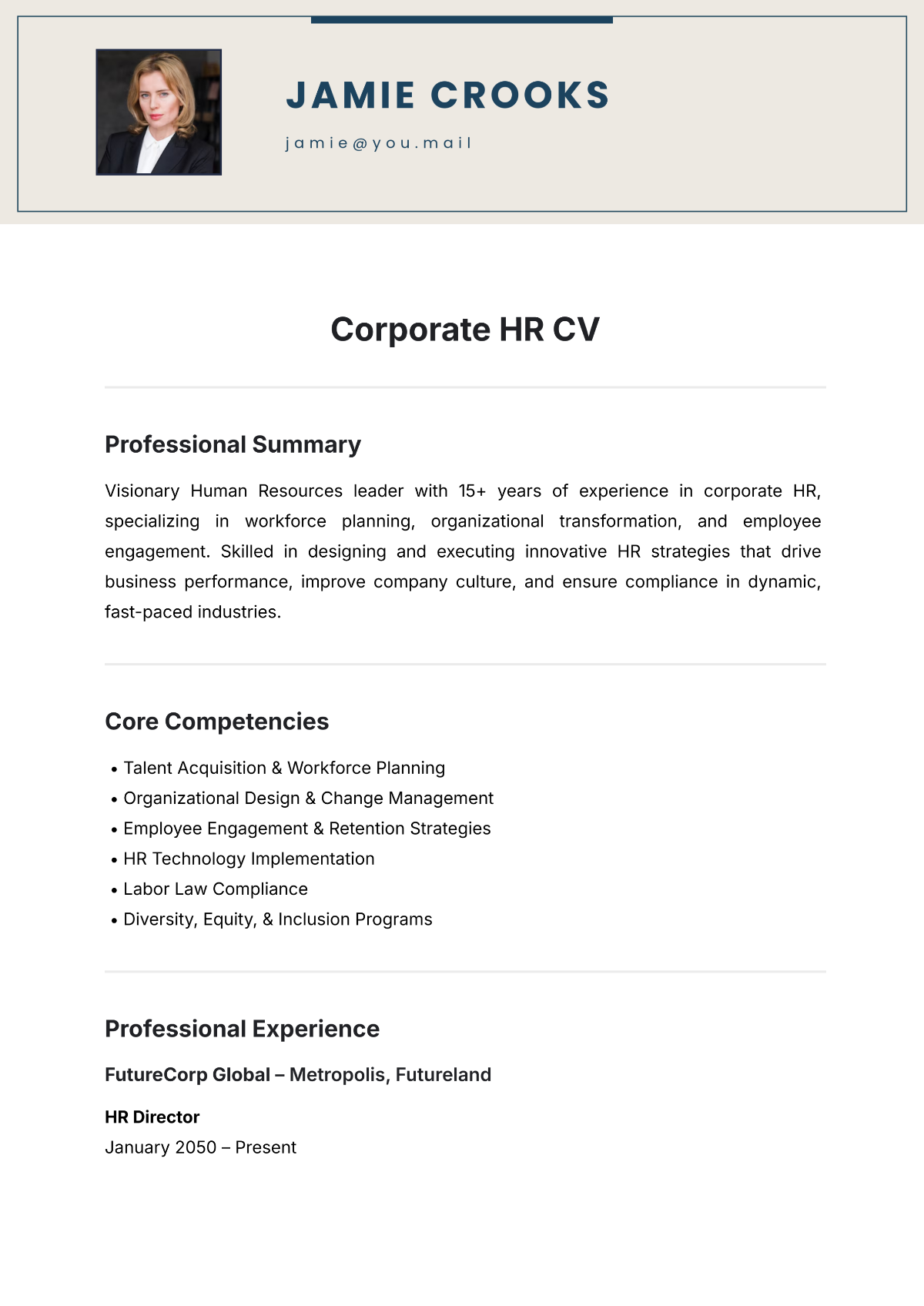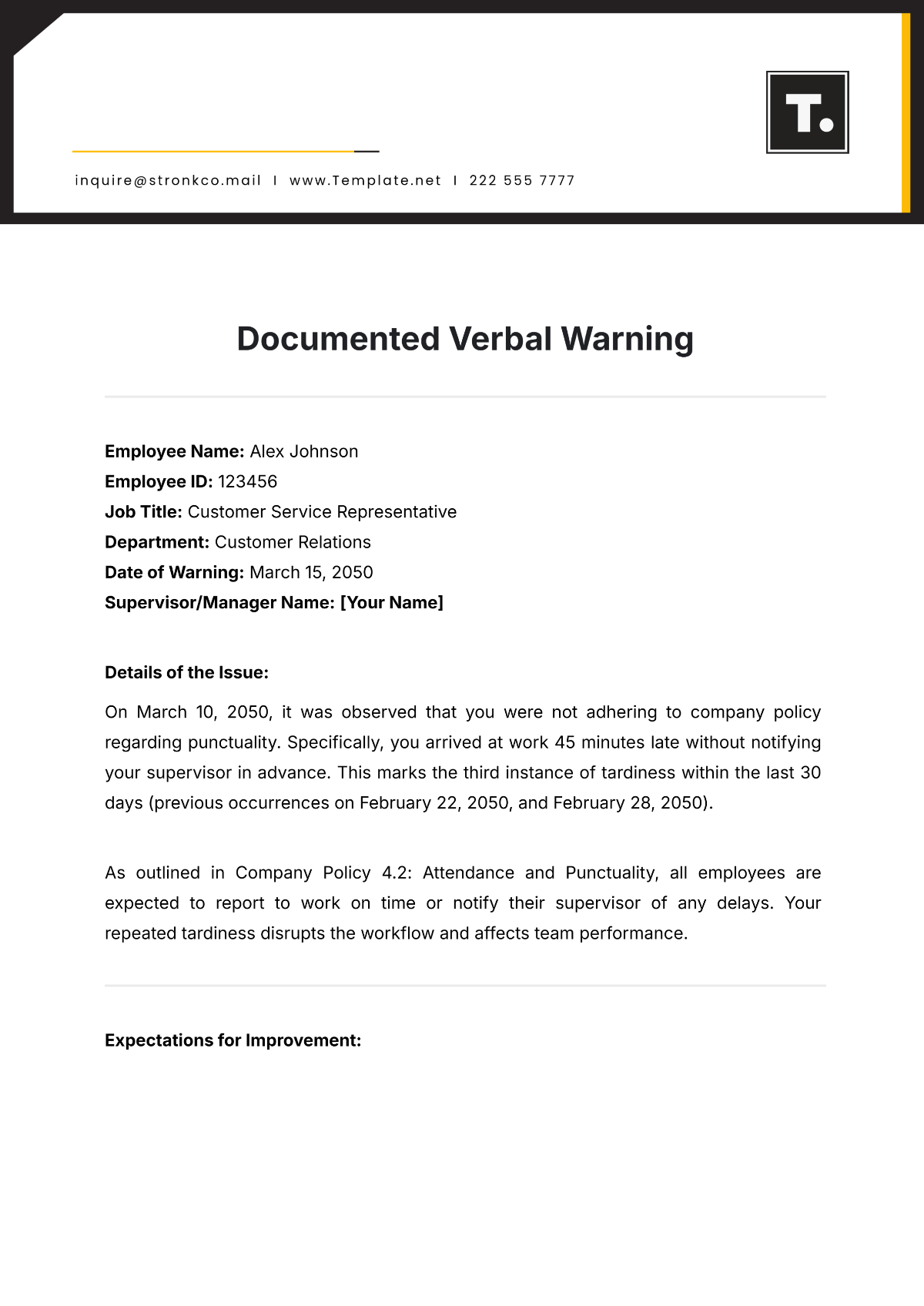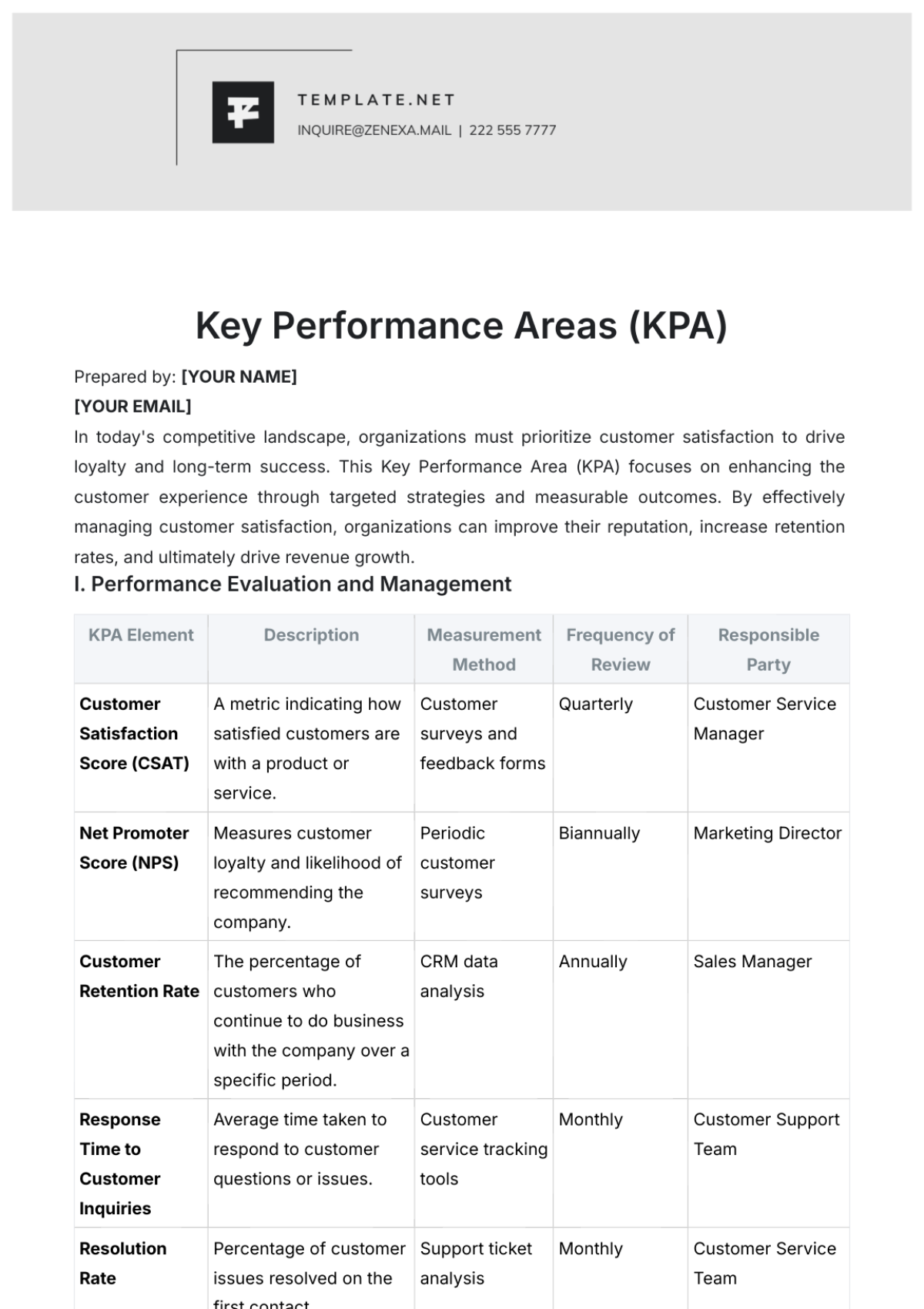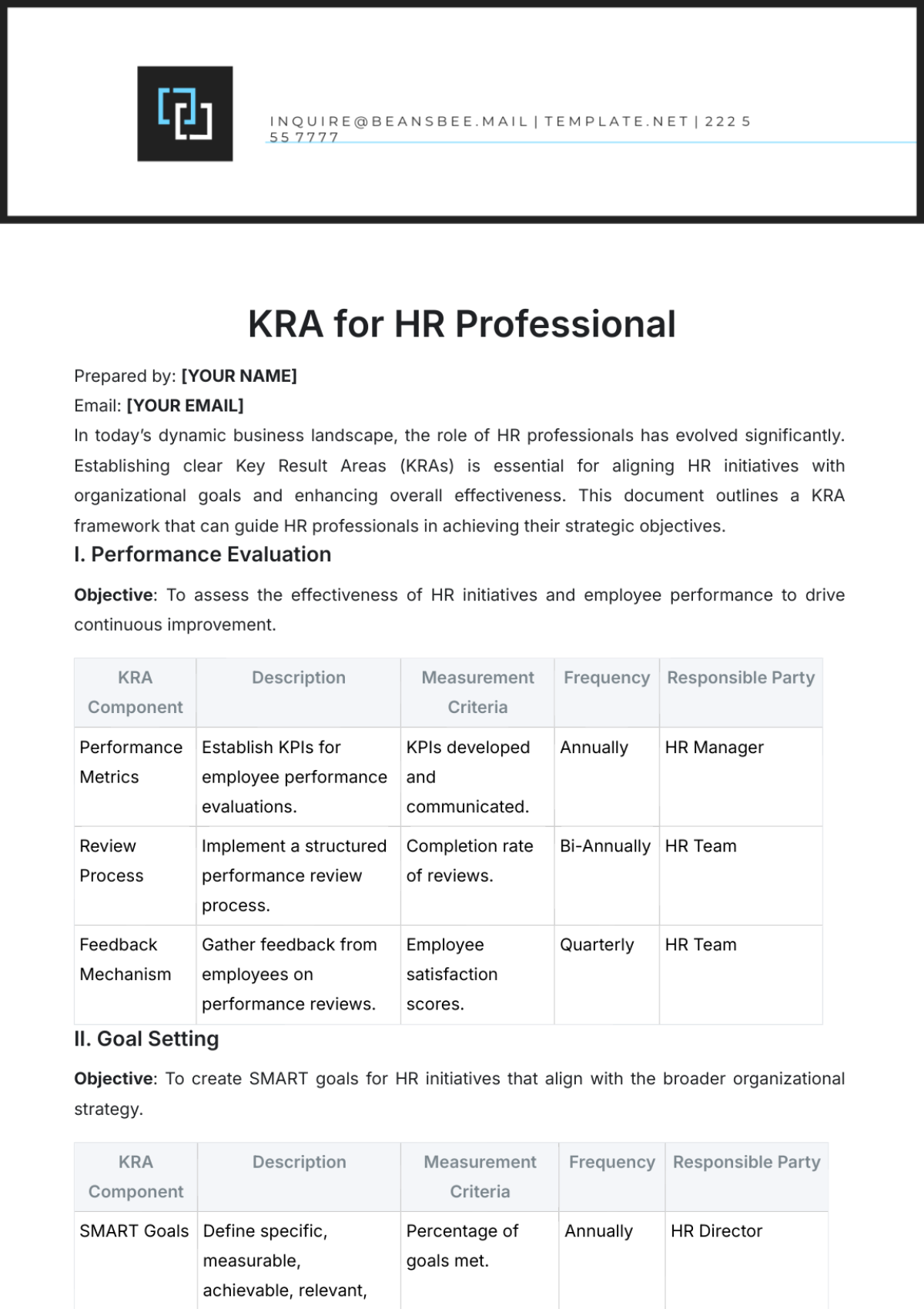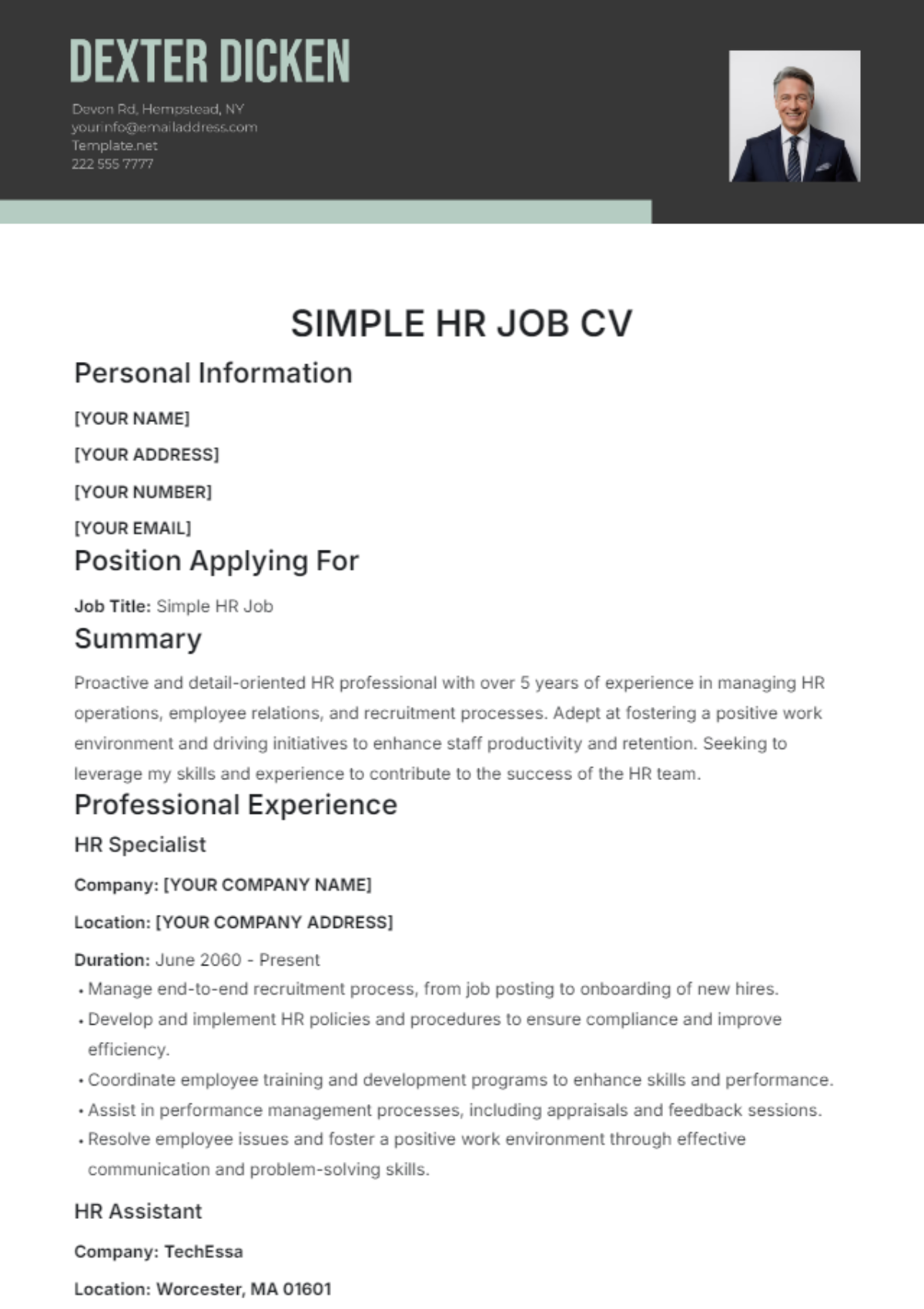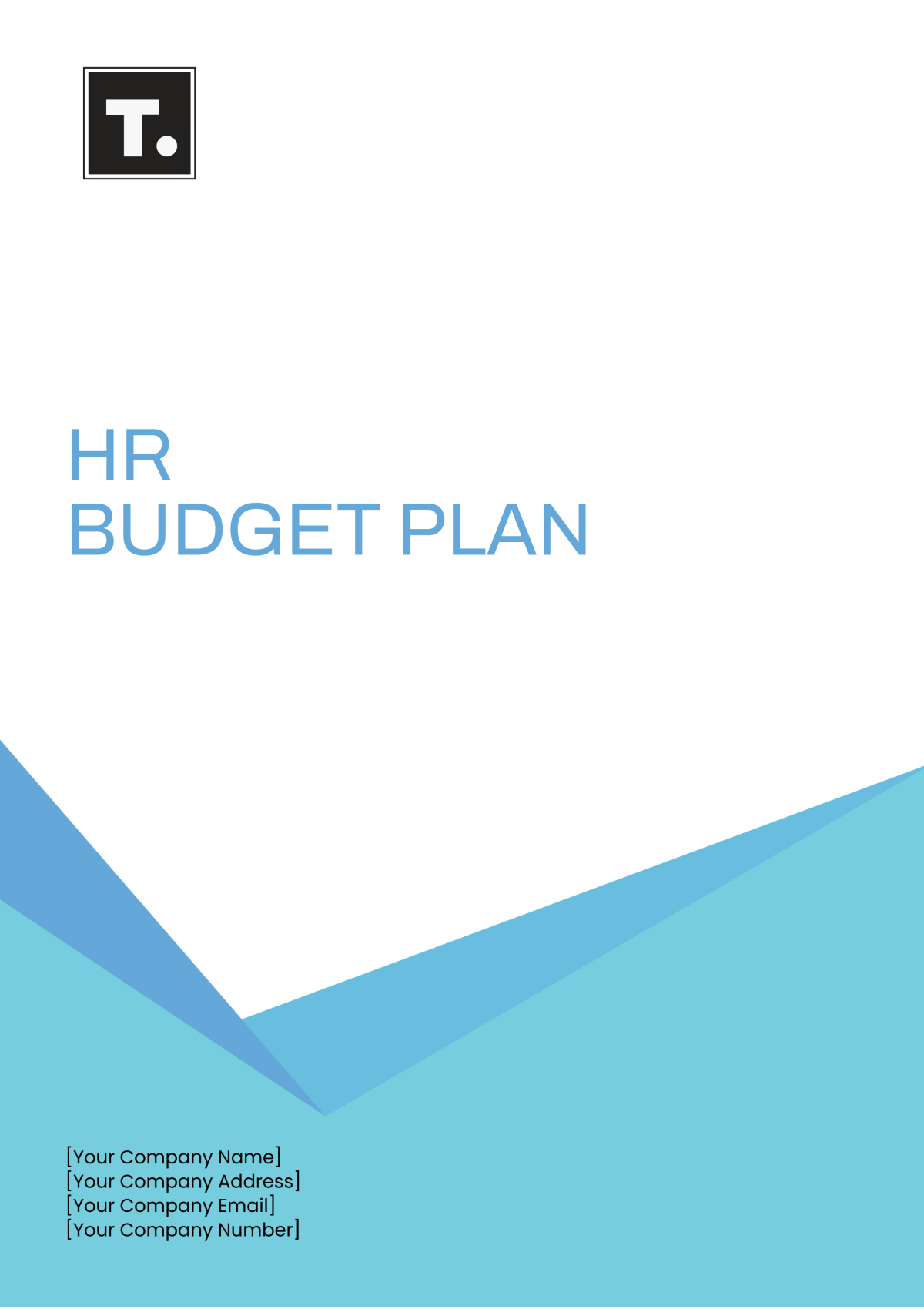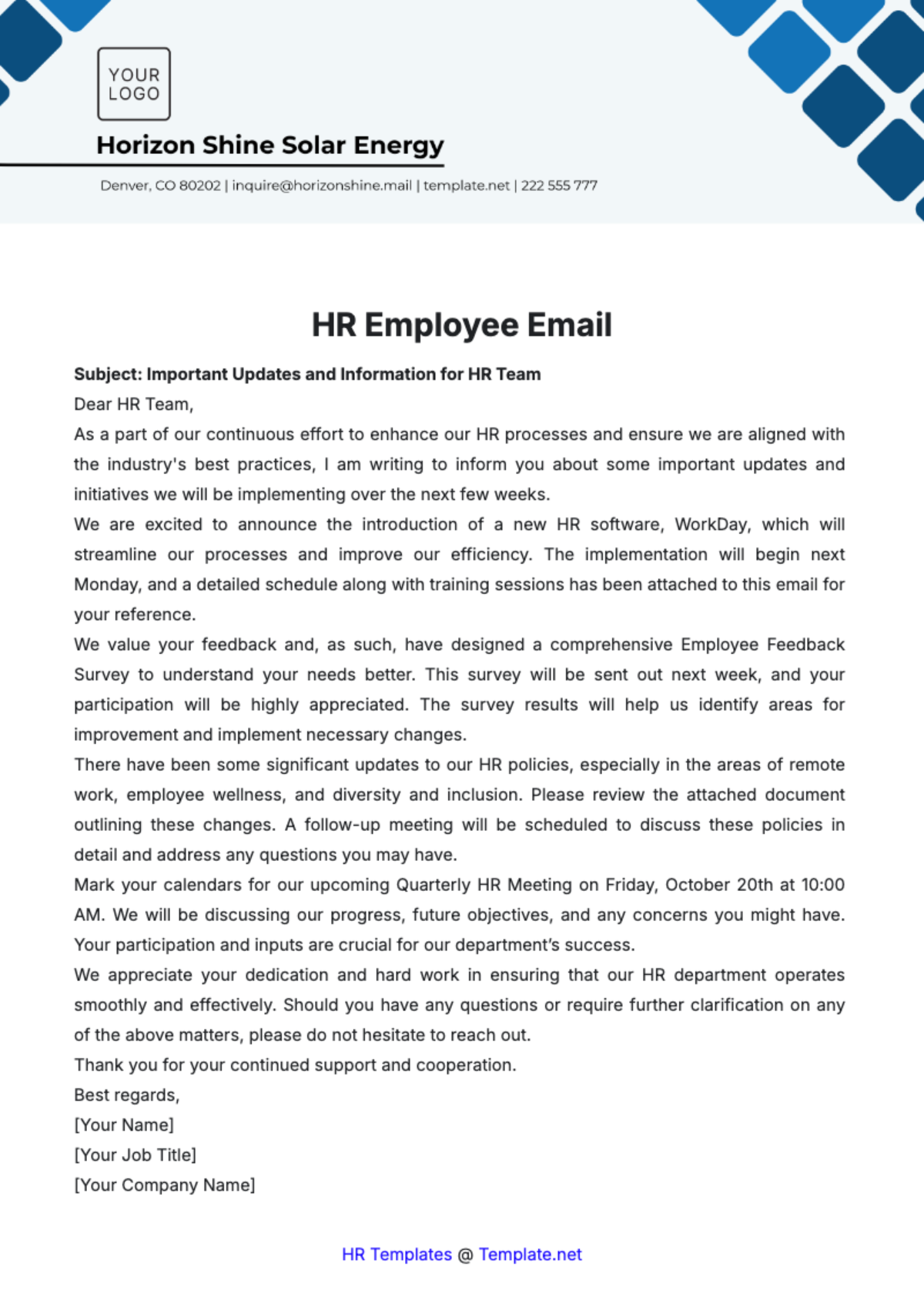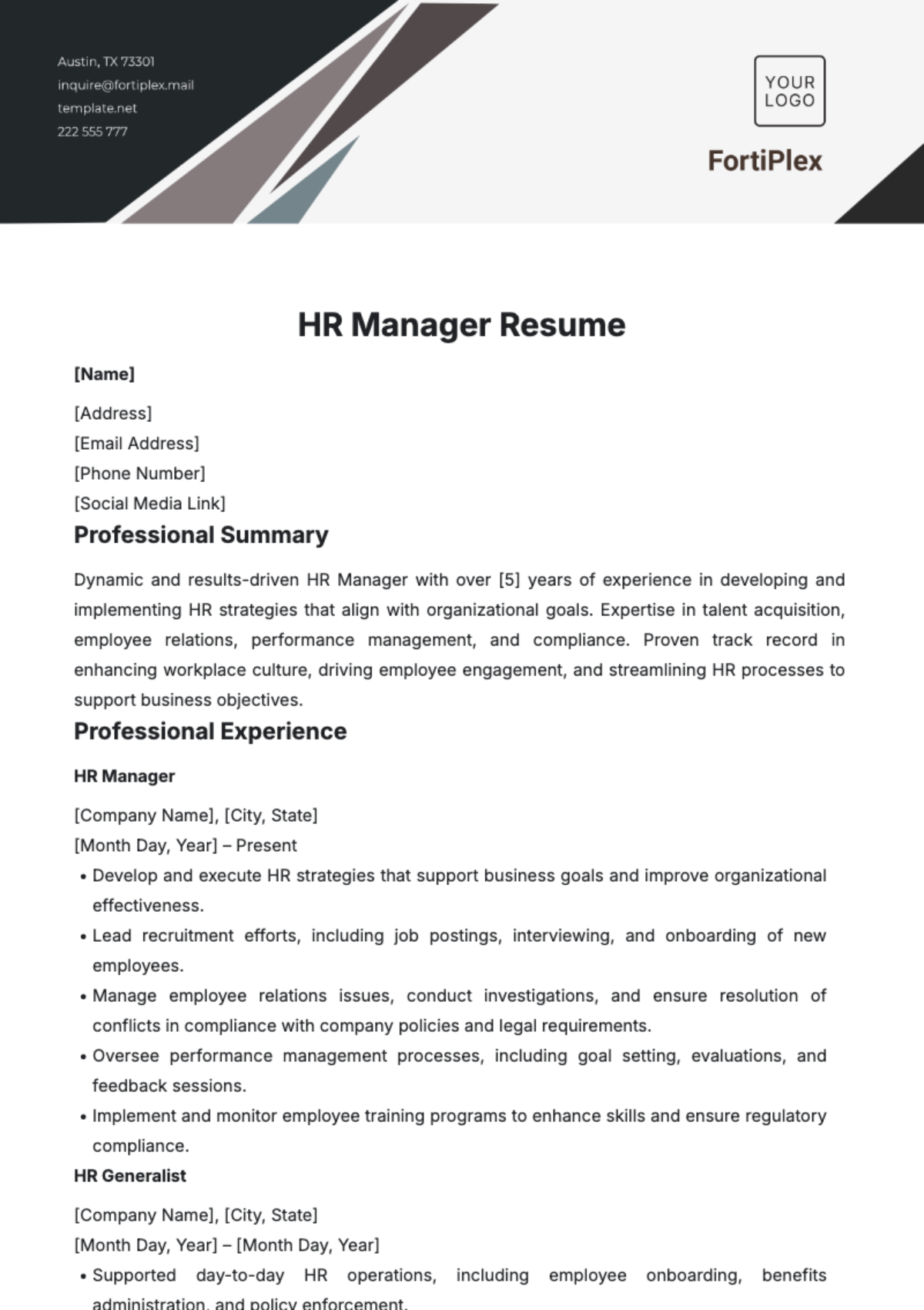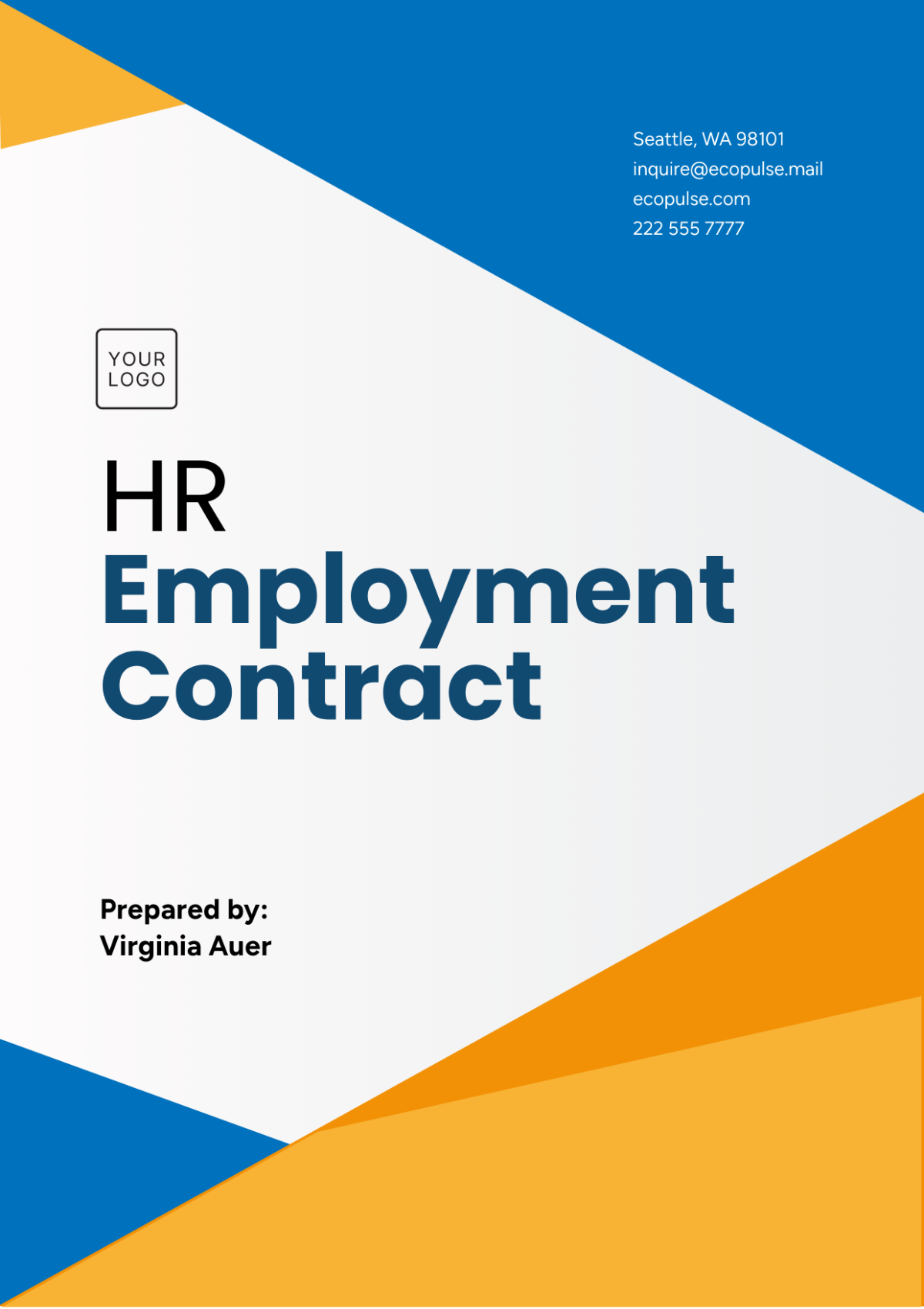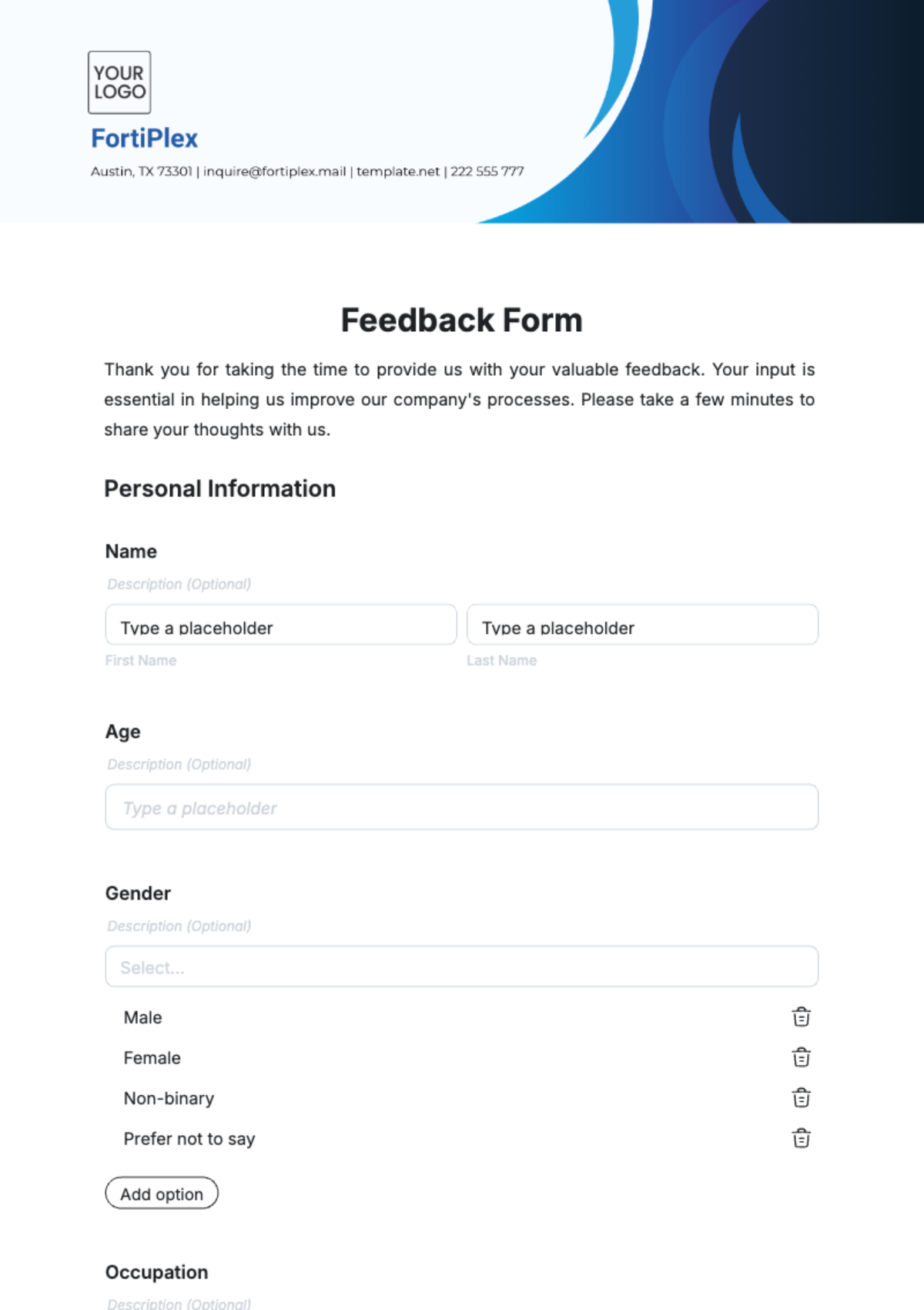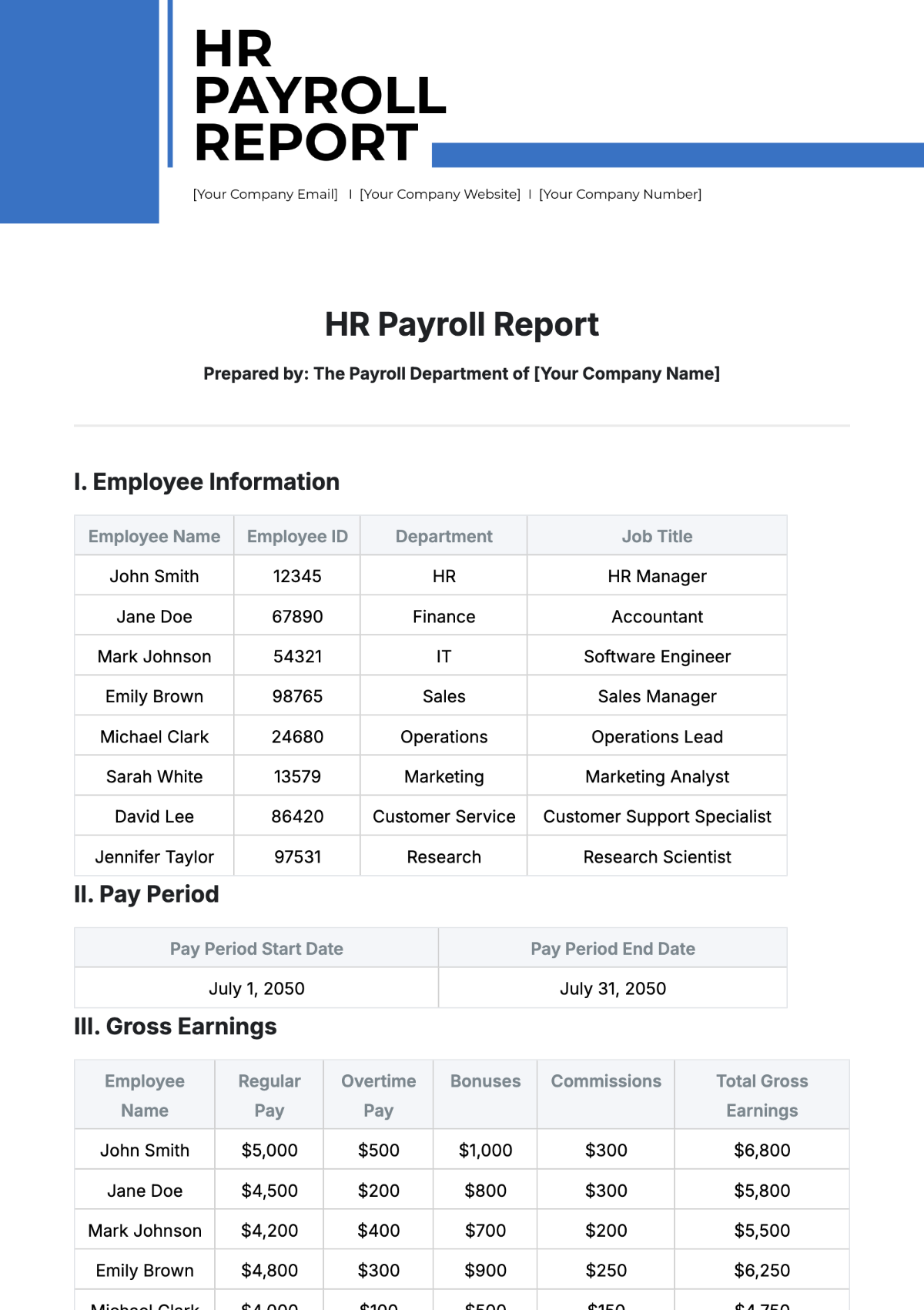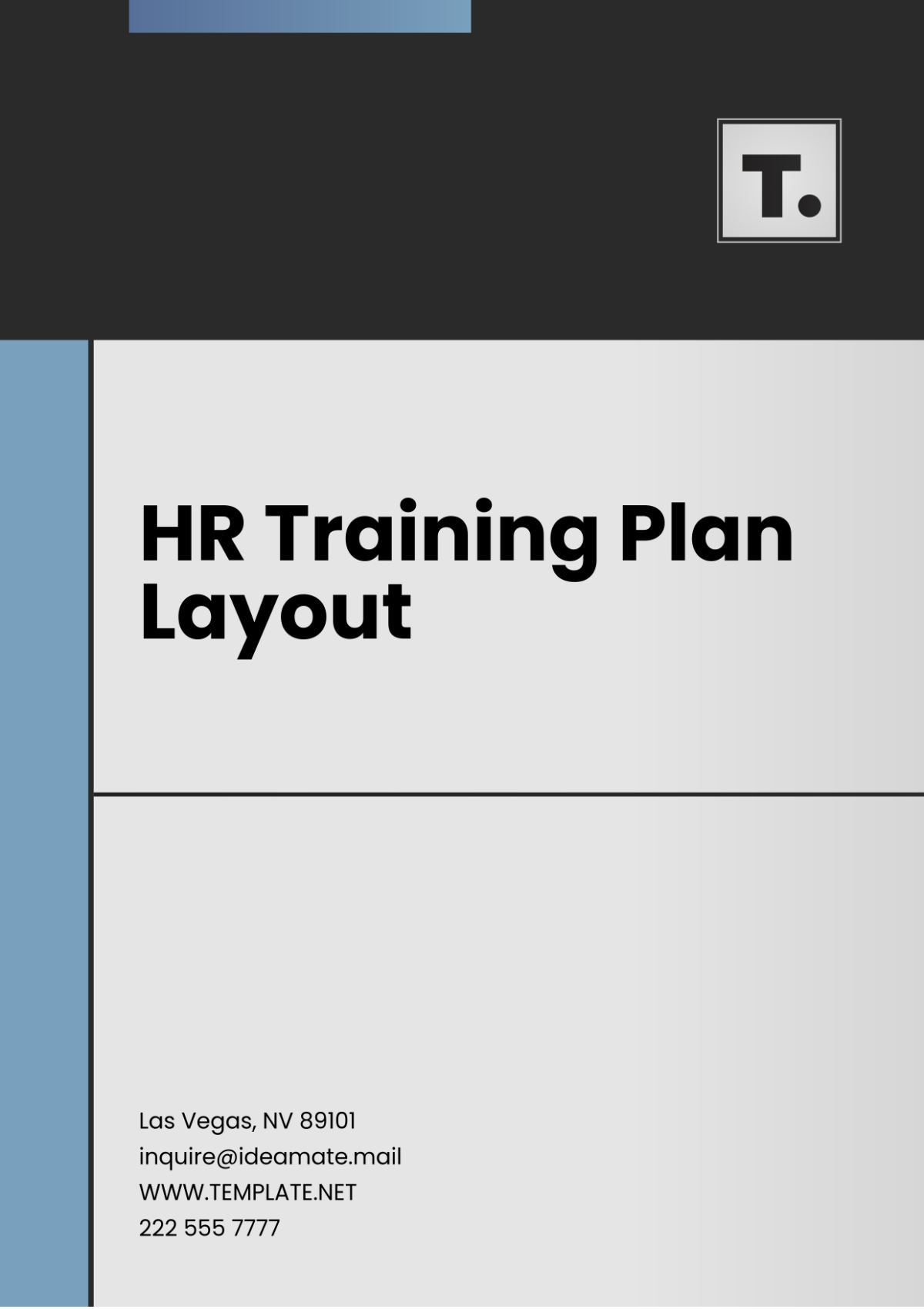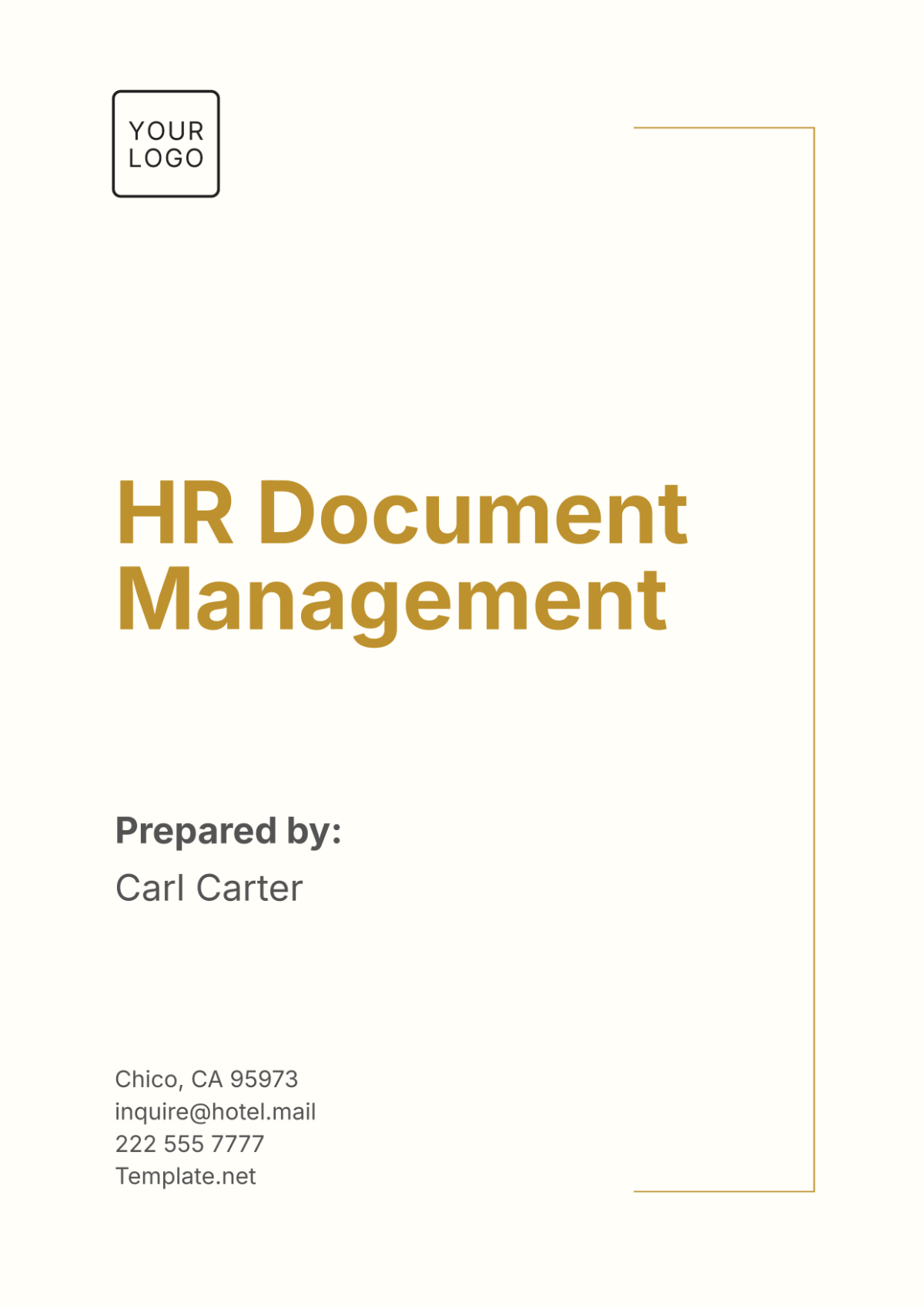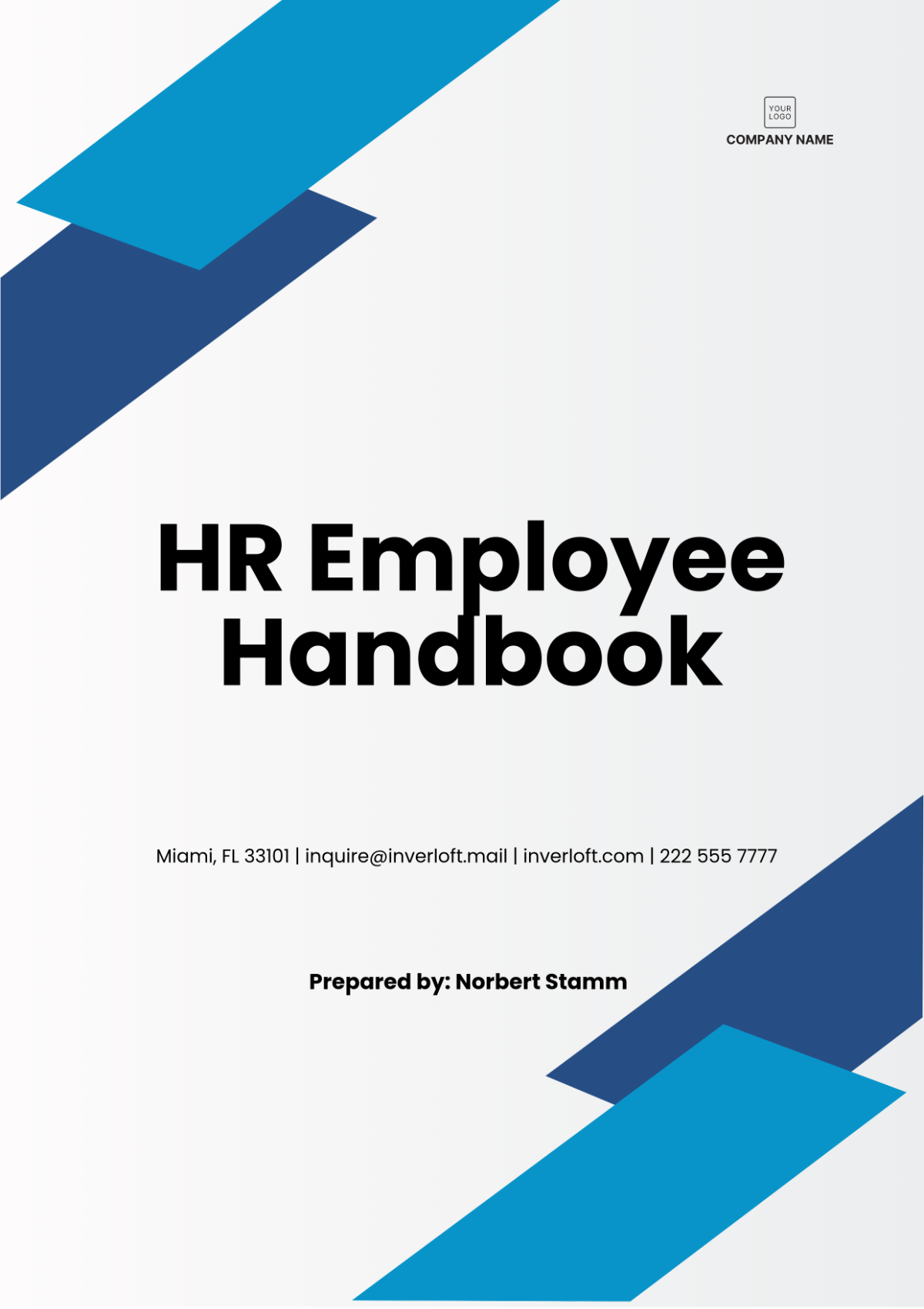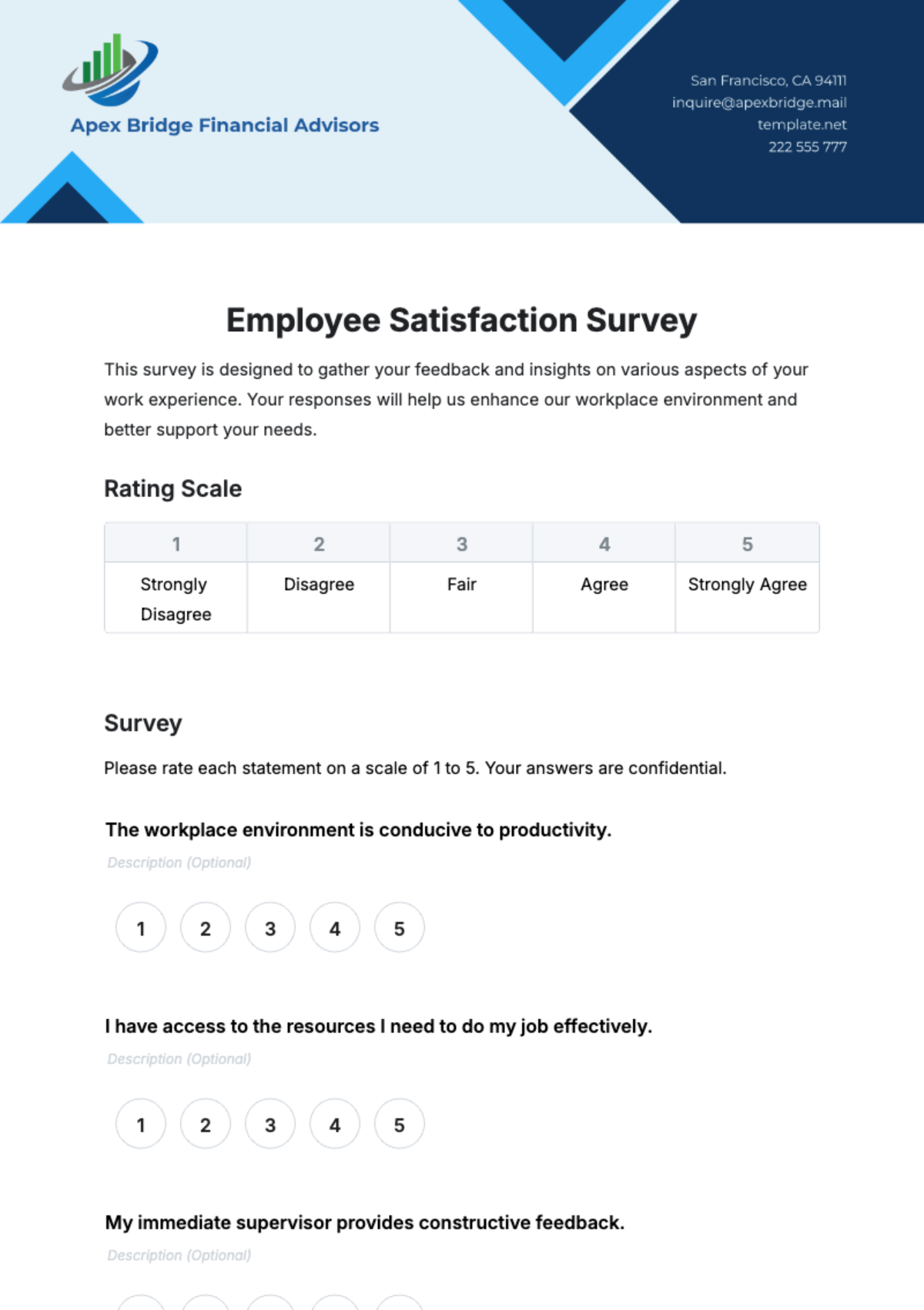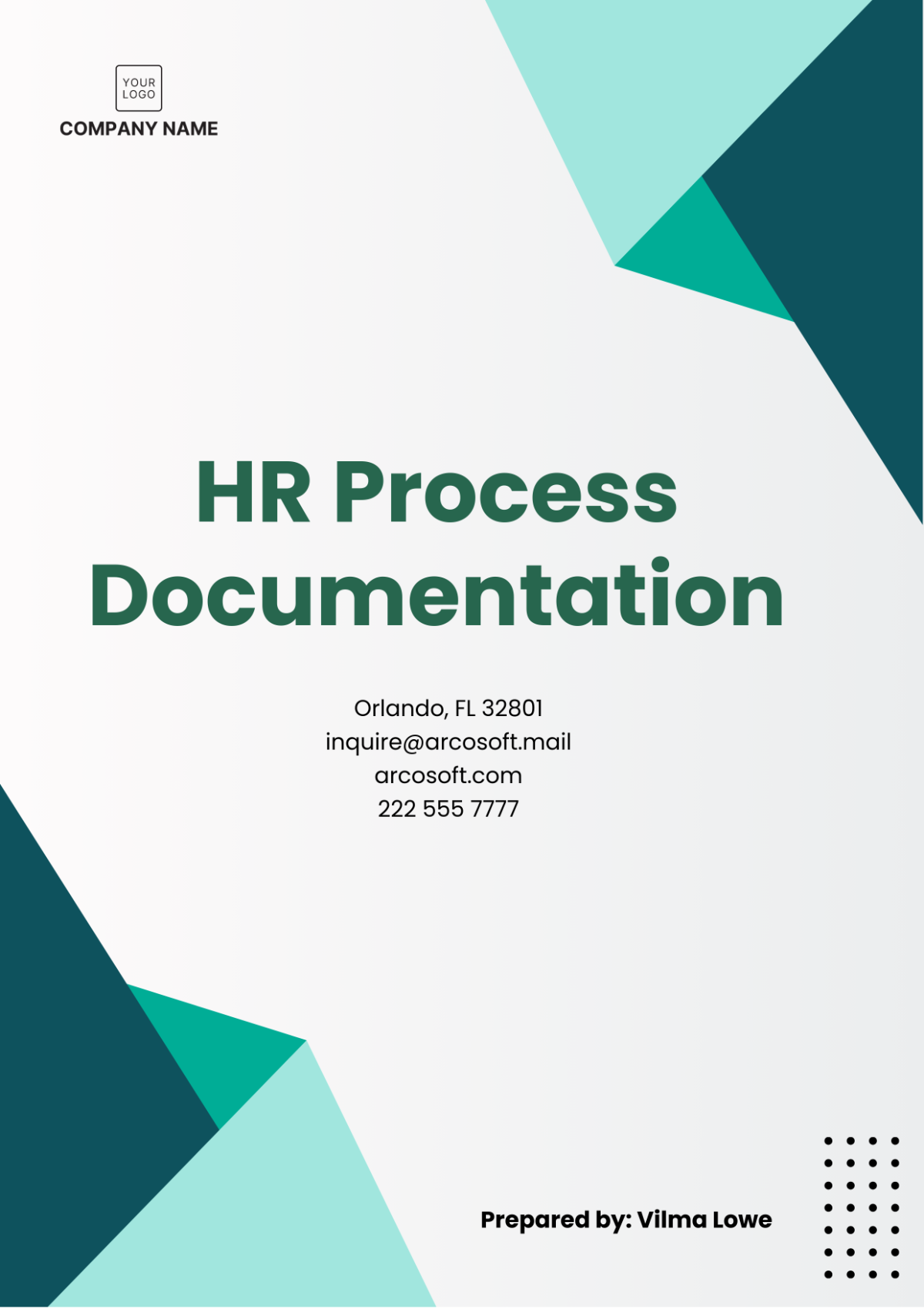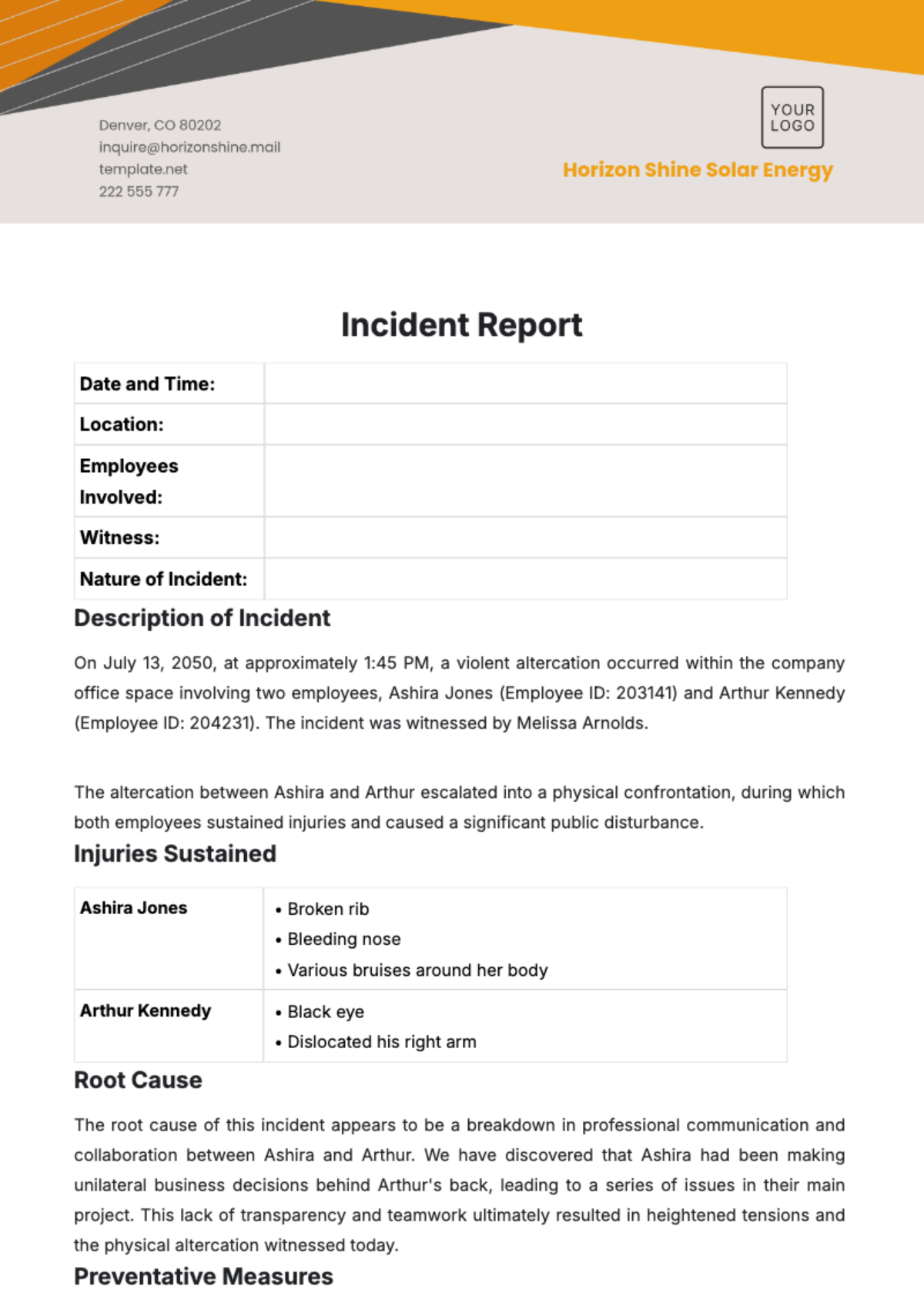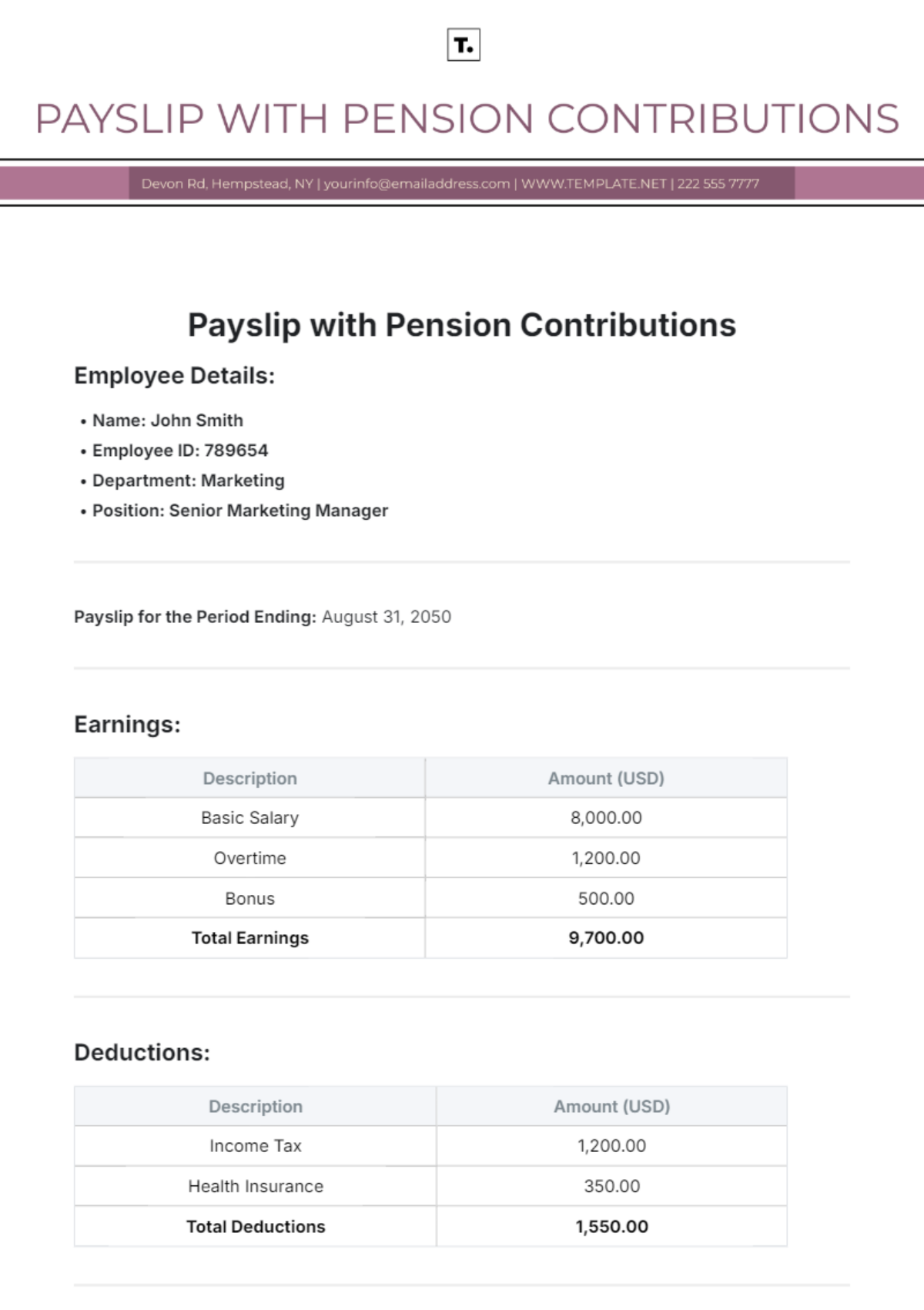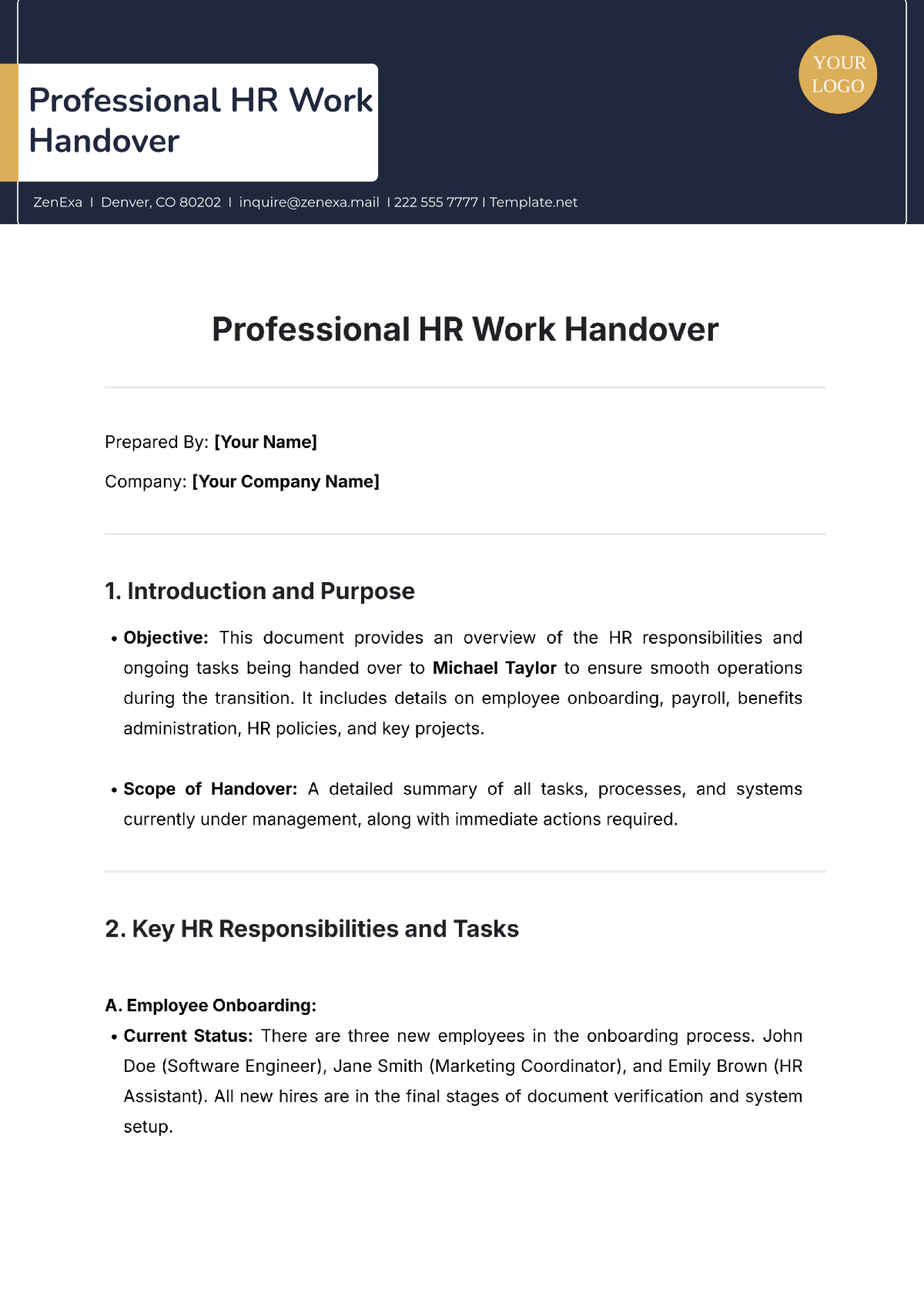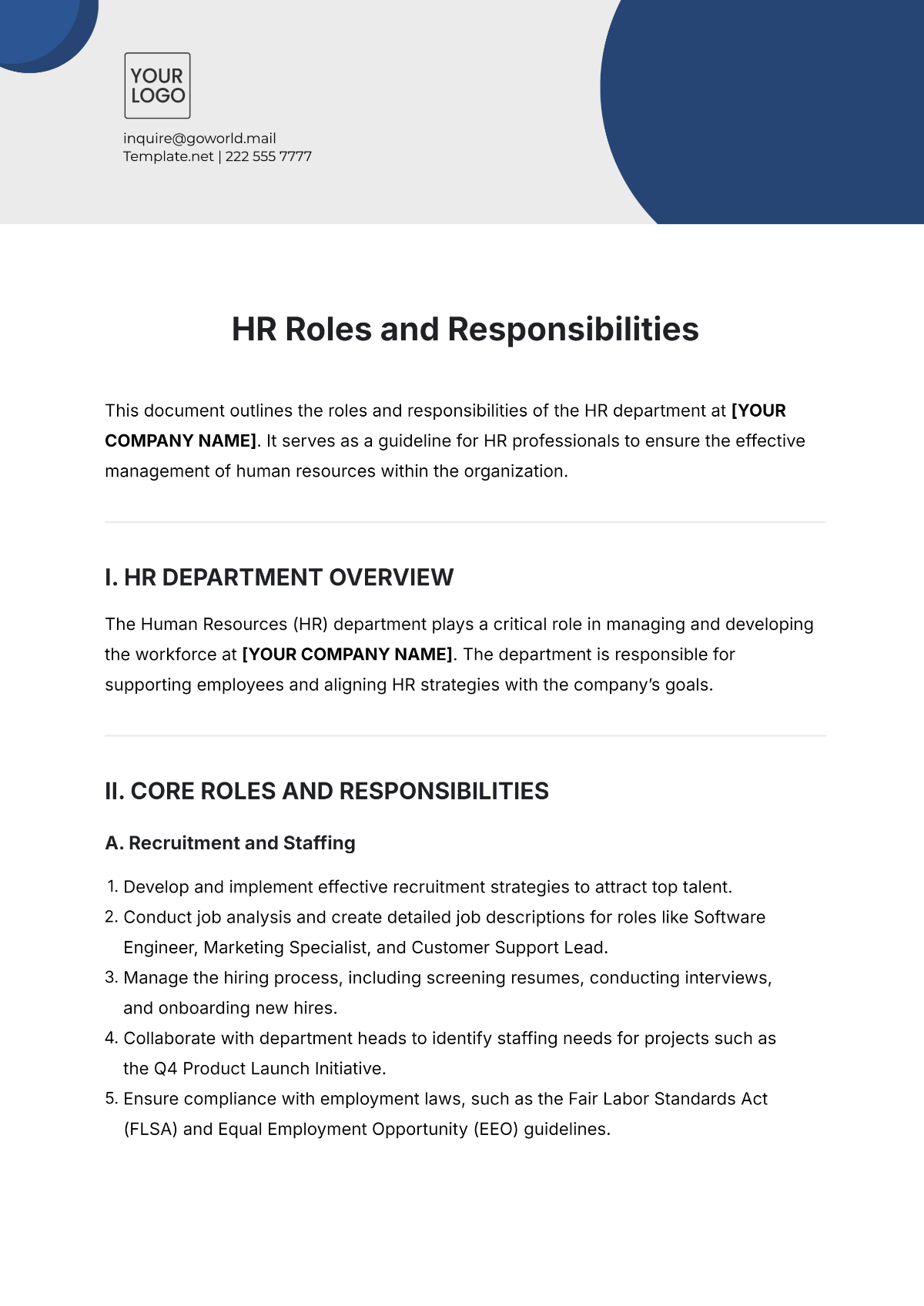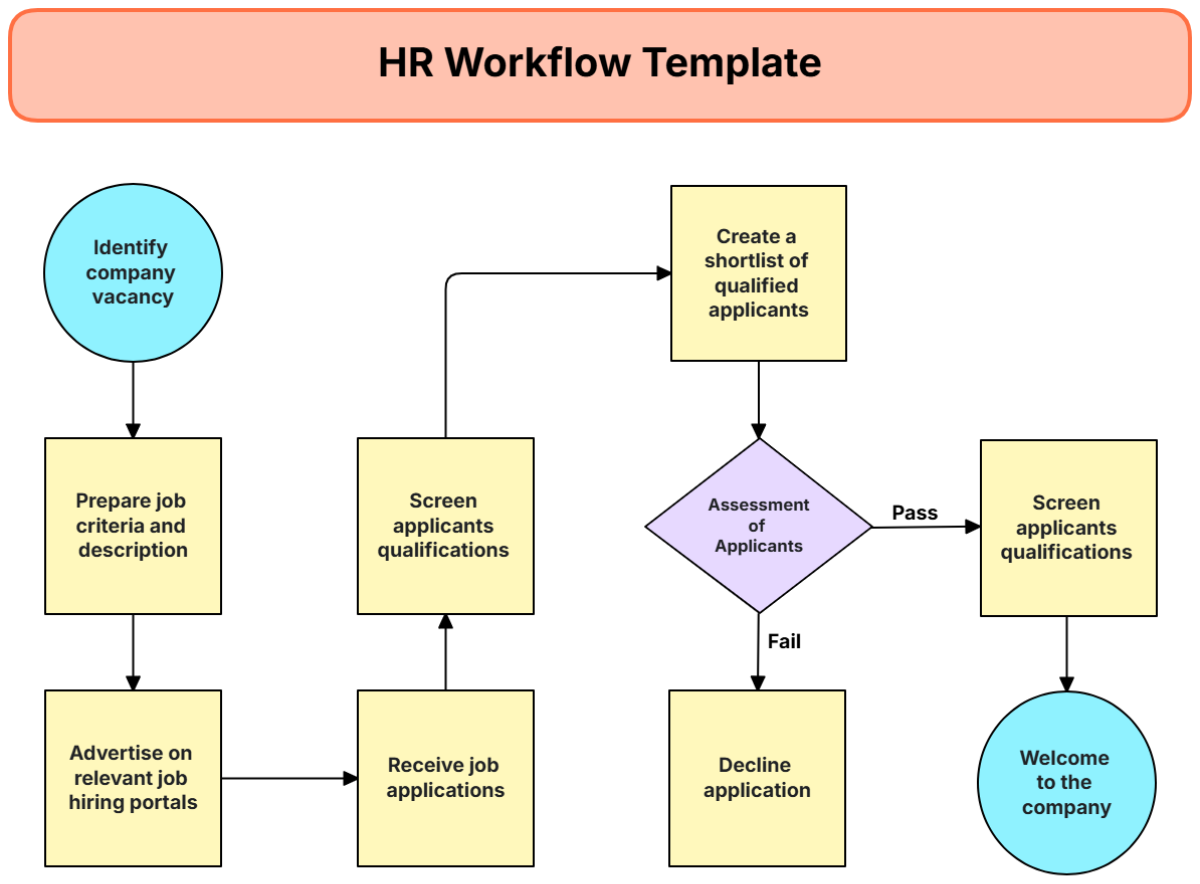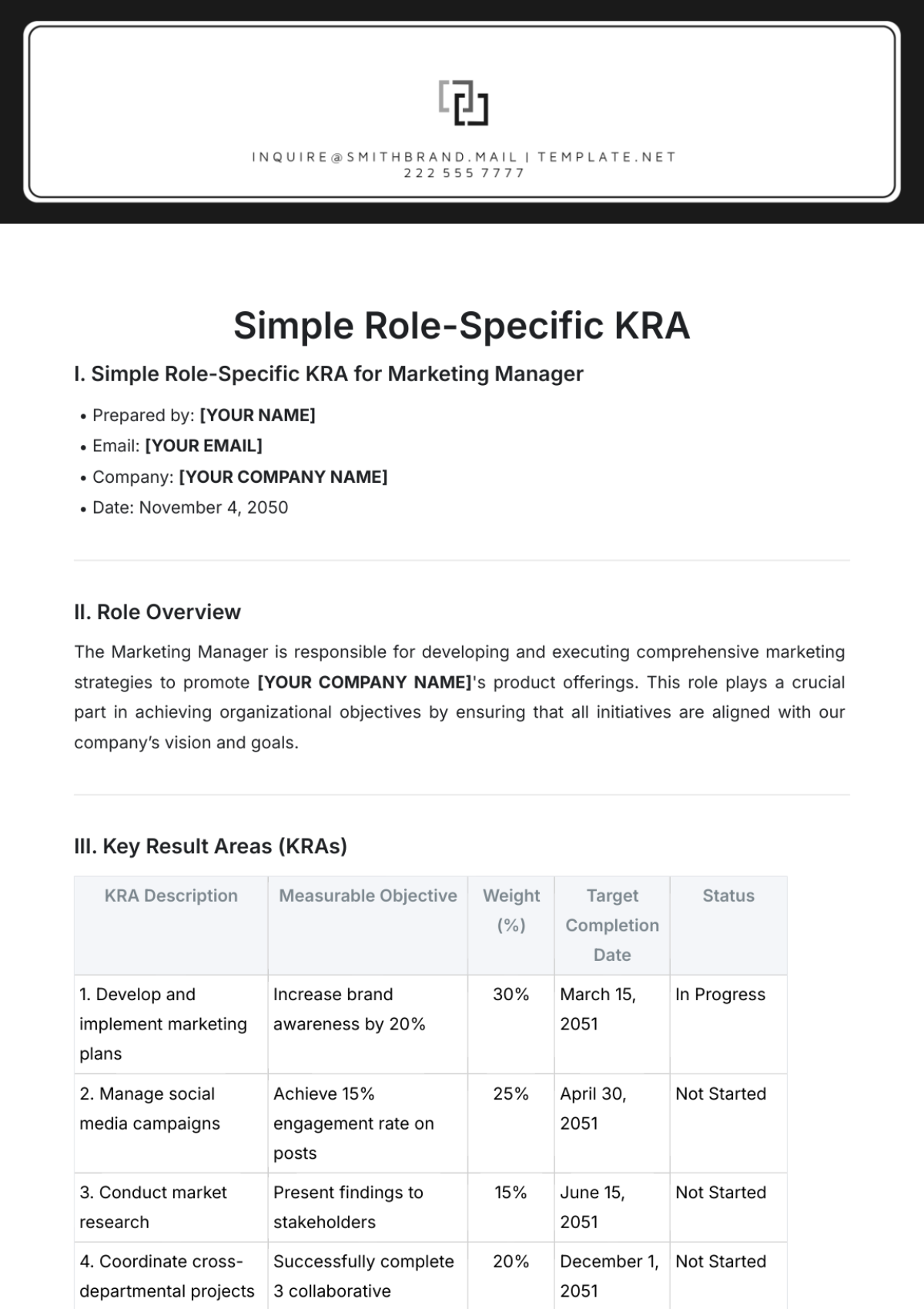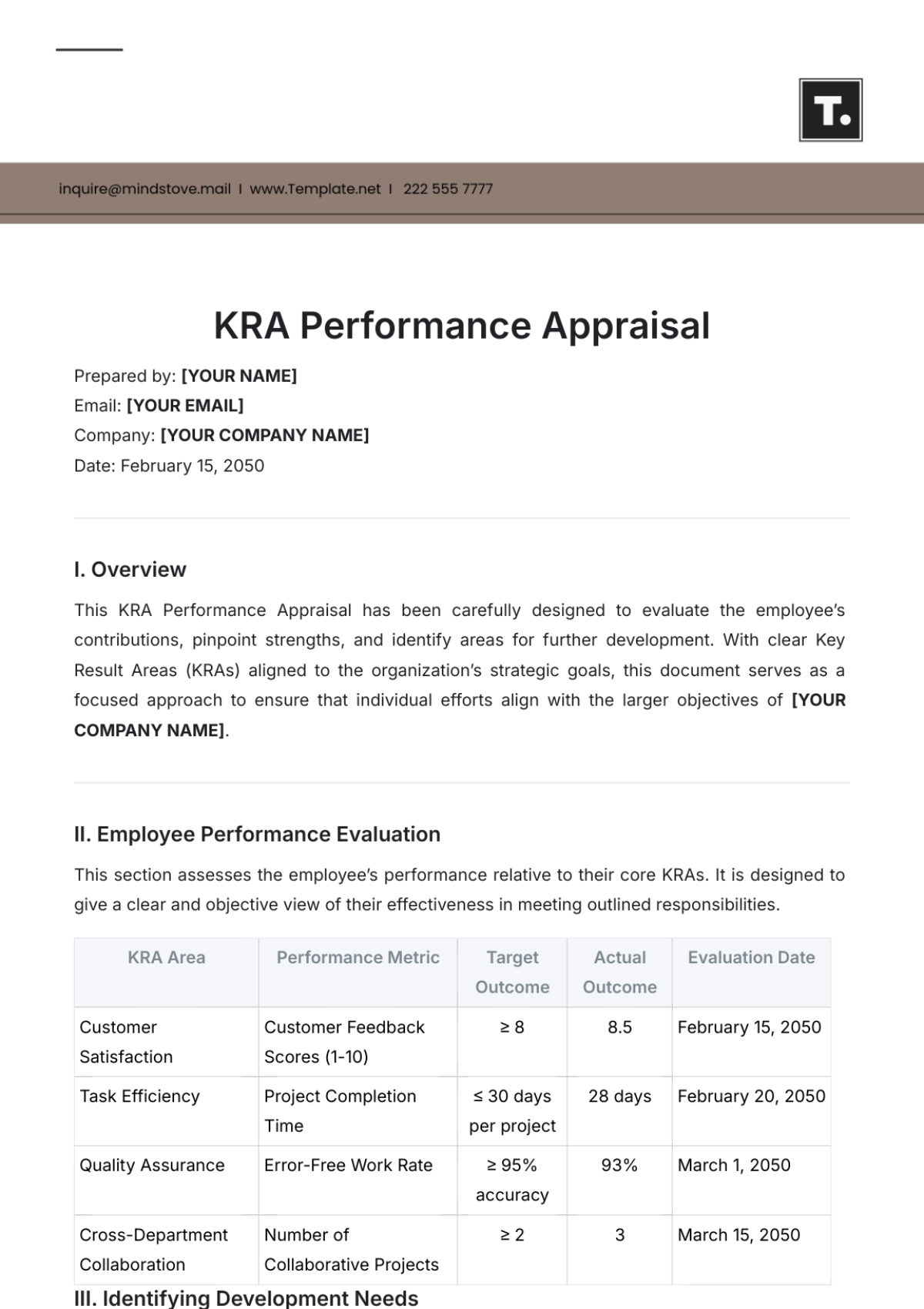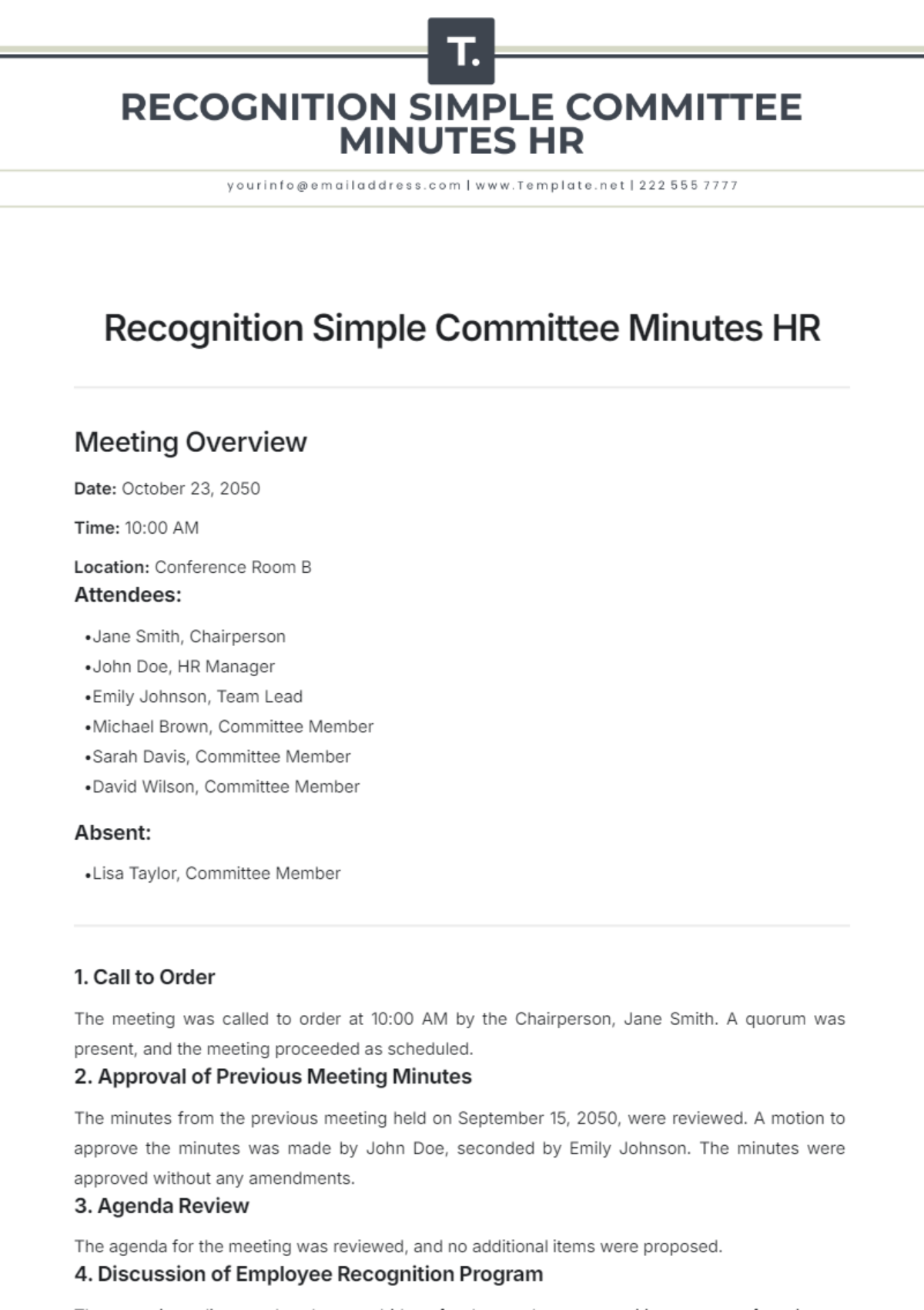Peer Mediation Session Minute
Session Overview
Date and Time
Date: October 5, 2051
Time: 2:00 PM - 4:00 PM
The date and time were chosen based on the availability of both parties involved in the mediation and the mediators. It was essential to select a time where all individuals could engage without being preoccupied with other professional responsibilities. The timeframe of two hours was allocated to provide ample opportunity for discussion without overwhelming the participants.
Purpose of the Session
The purpose of this mediation session is multi-faceted. Primarily, the goal is to resolve an ongoing interpersonal conflict between [name of team member] and [name of team member]. This conflict has been impacting team dynamics and overall productivity. A secondary aim is to foster a culture of open dialogue and conflict resolution within the organization. Through mediation, it's hoped that both participants will not only resolve their differences but also become advocates for a healthy workplace culture.
Mediator and Facilitators
Mediator: [Your Name]
Facilitators: [name of facilitators]
The mediator's role, in this case [Your Name], is to serve as an impartial third party to guide the discussion and negotiation process. [Your Name] is an HR professional trained in conflict resolution techniques. The facilitators, [name of facilitators] from Human Resources and [name of facilitator] from Operations, are there to ensure that the discussion adheres to company policy and remains constructive. Their collective experience in handling such matters makes them well-suited for overseeing this mediation session.
Attendees
The attendees' list was carefully curated to include only those directly involved in the conflict or its resolution. This was to create a focused environment where all attendees had a stake in the session's outcome.
Name | Role | Department |
[Your Name] | Mediator | Human Resources |
[Name of Facilitator] | Facilitator | Human Resources |
[Name of Facilitator] | Facilitator | Operations |
[Name of Team Member] | Participant | Sales |
[Name of Team Member] | Participant | Marketing |
Agenda
The agenda was created collaboratively with input from both the HR department and the facilitators to ensure a balanced and impartial framework for the discussion.
Discussion Points
The mediator and facilitators had a preliminary meeting to decide on the key discussion points. The chosen topics were designed to lead the participants from a clear understanding of the issue to a resolution that would be beneficial for all.
Opening Remarks and Introduction
The session began with opening remarks from the mediator, outlining the objective of the meeting and rules for respectful engagement.
Description of the Conflict
[Name of Team Member] and [Name of Team Member] presented their understanding of the conflict. The mediator took notes and summarized the points for clarity.
Individual Perspectives
Both participants had the opportunity to express their feelings and thoughts without interruptions. The facilitators ensured that the conversation remained constructive.
Common Ground Discussion
The mediator guided the discussion towards identifying common interests and concerns between the two parties. Various potential solutions were proposed and debated.
Agreement Formulation
A mutually acceptable agreement was formulated. Both parties acknowledged their responsibilities moving forward.
Agreements and Resolutions
The mutual agreements were arrived at after a painstaking process of negotiation and compromise. All agreements were recorded in writing and copies were distributed to each participant, the HR department, and filed for legal compliance.
Mutual Responsibilities
Both [Name of Team Member] and [Name of Team Member] agreed to engage in open communication and to attend follow-up sessions if necessary.
Specific Action Items
Action items were assigned to each participant, along with deadlines.
Next Steps and Follow-ups
Both participants will be subject to a one-month probationary period following the session to ensure adherence to the agreed-upon resolutions. Any violations would be escalated to the HR department for further action.
Next Meeting
Date: October 12, 2051
Time: 2:00 PM - 3:00 PM
Monitoring and Feedback
A follow-up will be conducted to ensure the effectiveness of the resolutions agreed upon.
Miscellaneous Notes
This section often includes noteworthy behavioral observations, unstructured but relevant points raised during the discussion, and any other information considered useful for future conflict resolution initiatives.
Attachments and References
All attached documents are considered integral parts of the session's formal record. These documents may be used for training, further conflict resolution sessions, or as legal documentation.
Mediation Agreement Form: This is a legally binding document that outlines the terms and conditions that both parties have agreed upon. It is a tangible outcome of the session and serves as a reference point for future interactions.
Peer Mediation Handbook: This is an in-house document that provides guidelines for conducting mediation sessions, ensuring that the process aligns with [Your Company Name]'s values and policies.
Evaluation Metrics
This section outlines how the effectiveness of the mediation session will be evaluated, including key performance indicators like improved team productivity, reduction in HR complaints, and participant satisfaction.
Key Performance Indicators (KPIs)
Team Productivity
One of the primary KPIs is the level of team productivity before and after the mediation. Measurements could include project completion rates, adherence to deadlines, and qualitative observations from team leaders. A measurable improvement would validate the effectiveness of the mediation.
Reduction in HR Complaints
Another KPI is the number of HR complaints related to interpersonal conflicts within the team. A decrease in such complaints over a specific period post-mediation would be considered a positive outcome.
Participant Satisfaction
After the session, both participants will be required to fill out an anonymous survey to evaluate the mediation process. Key questions would include their satisfaction with the mediator's role, the fairness of the process, and the overall resolution. A high level of satisfaction would indicate that the participants felt the process was balanced and effective.
Data Collection Methods
Data for these KPIs will be collected through a combination of surveys, interviews, and analysis of HR records. Surveys will be administered before and after the follow-up session to assess immediate and longer-term impacts. Interviews with team leaders can provide qualitative data on team dynamics and productivity.
Confidentiality Clause
All information discussed and agreements reached during this session are confidential and may not be disclosed to any unauthorized personnel. Violation of this clause may result in disciplinary action.
For more information, please contact the Human Resources department at [Your Company Email] or visit [Your Company Website].
